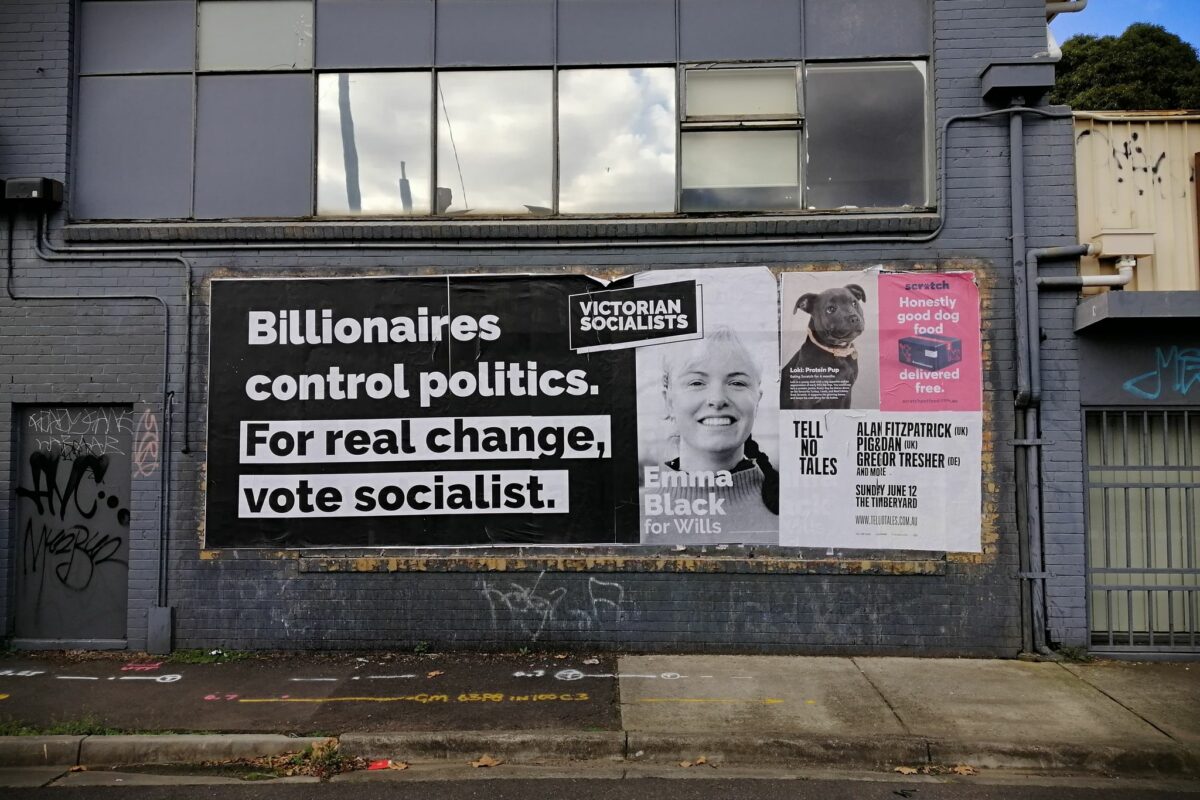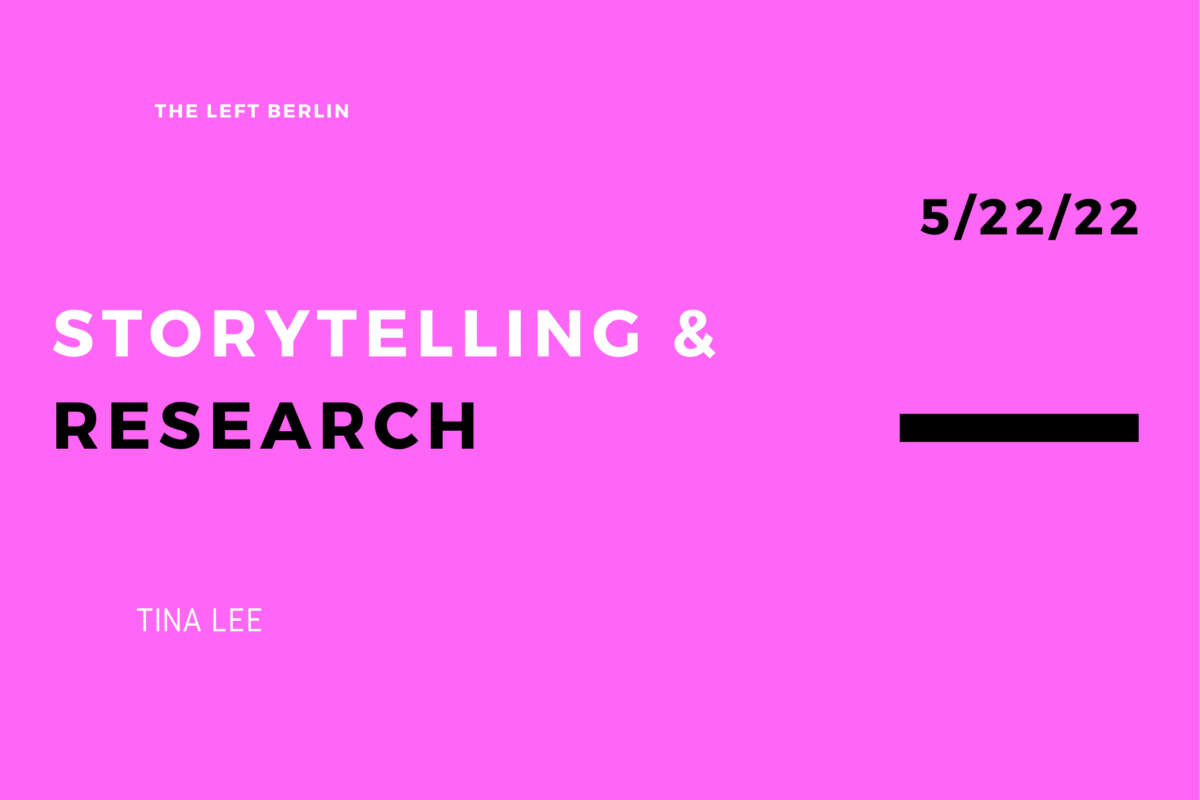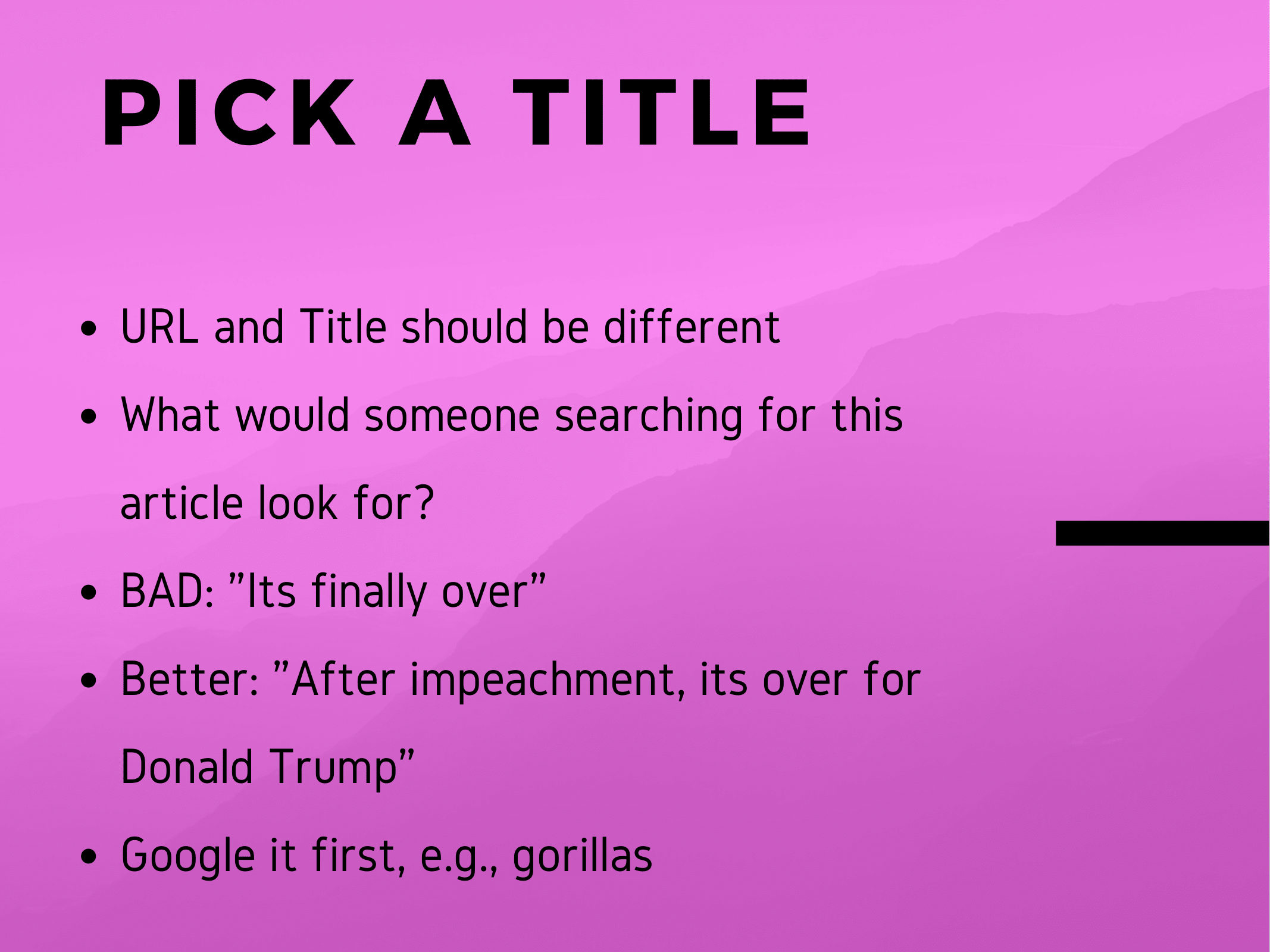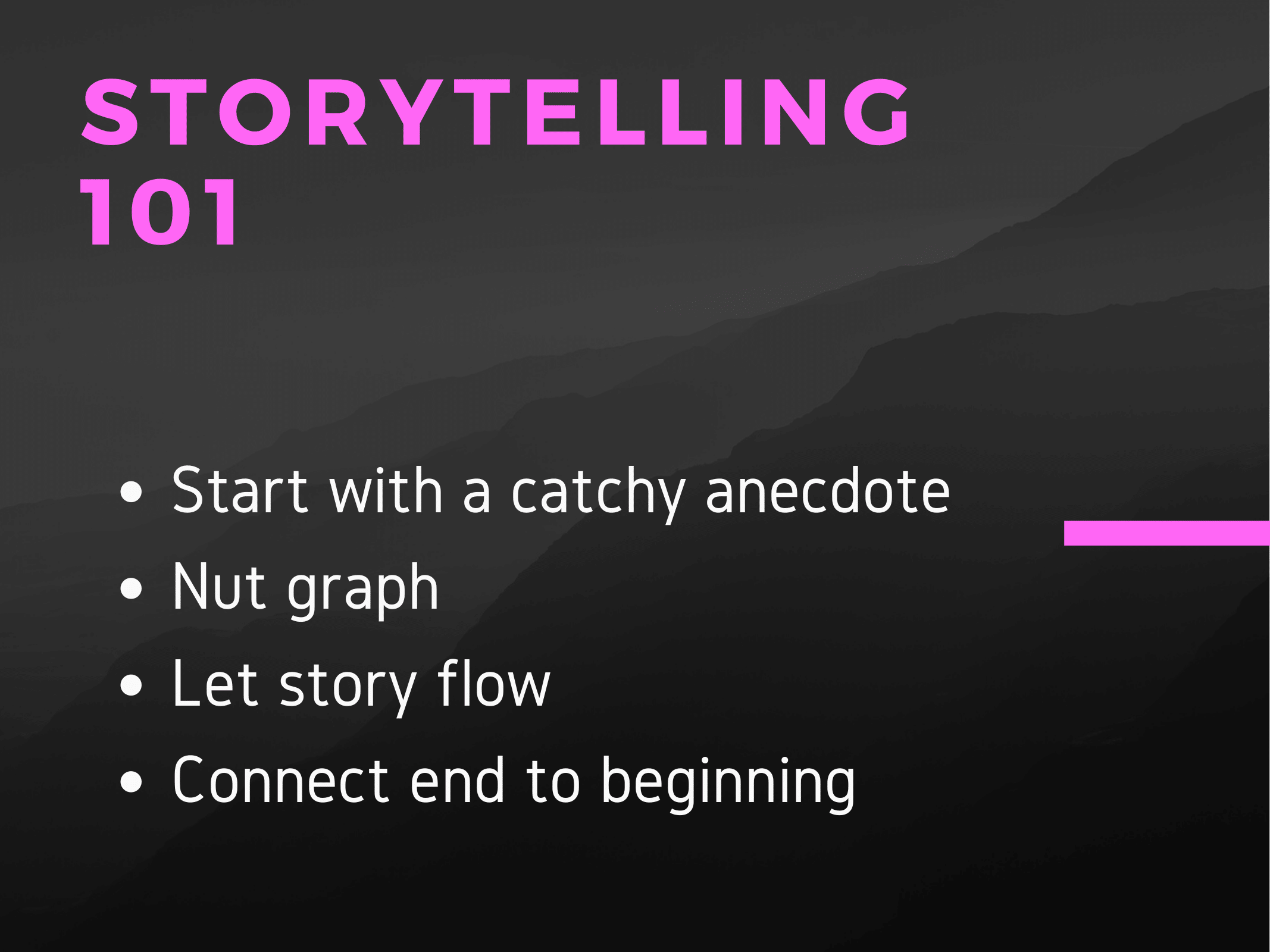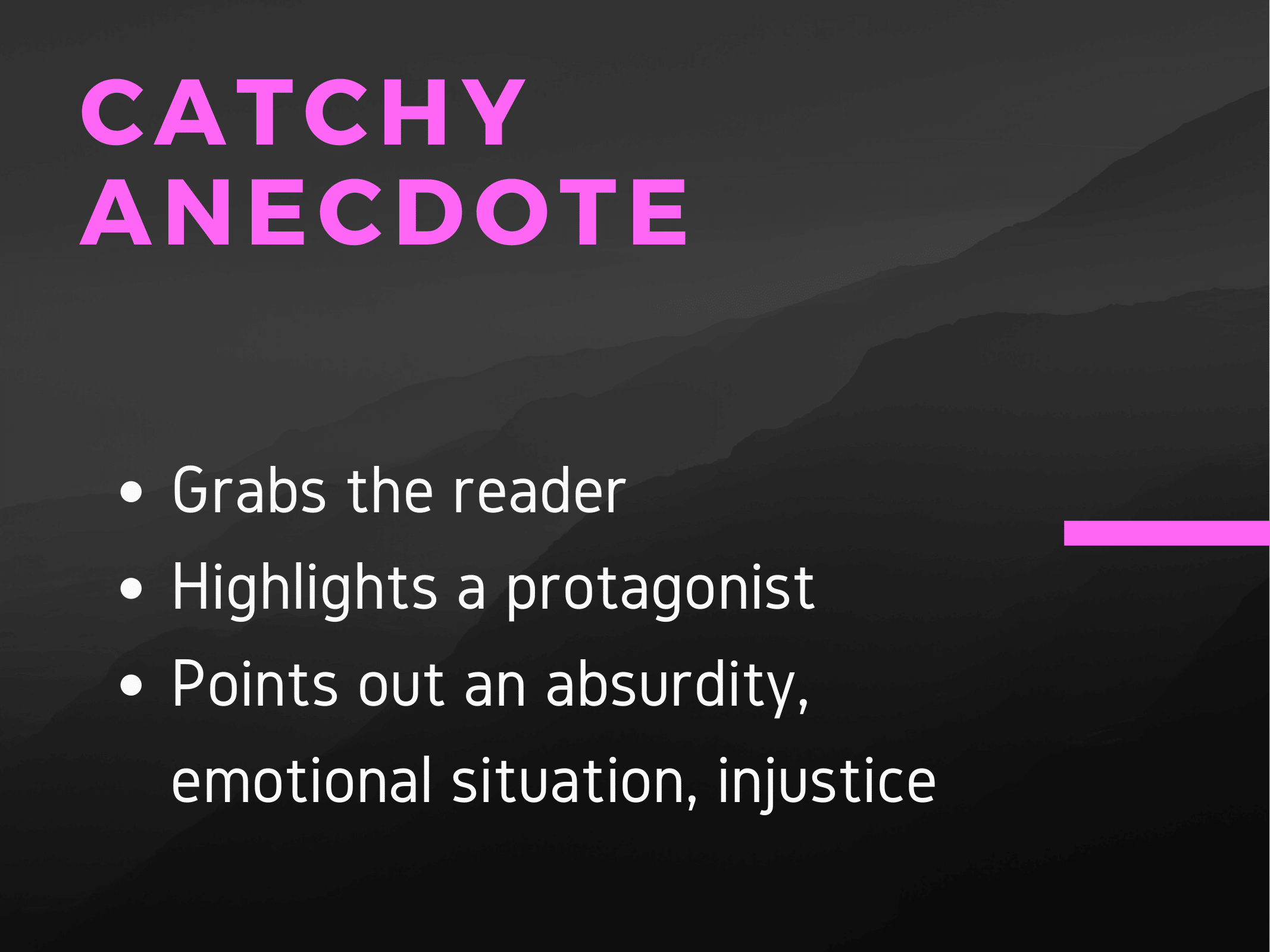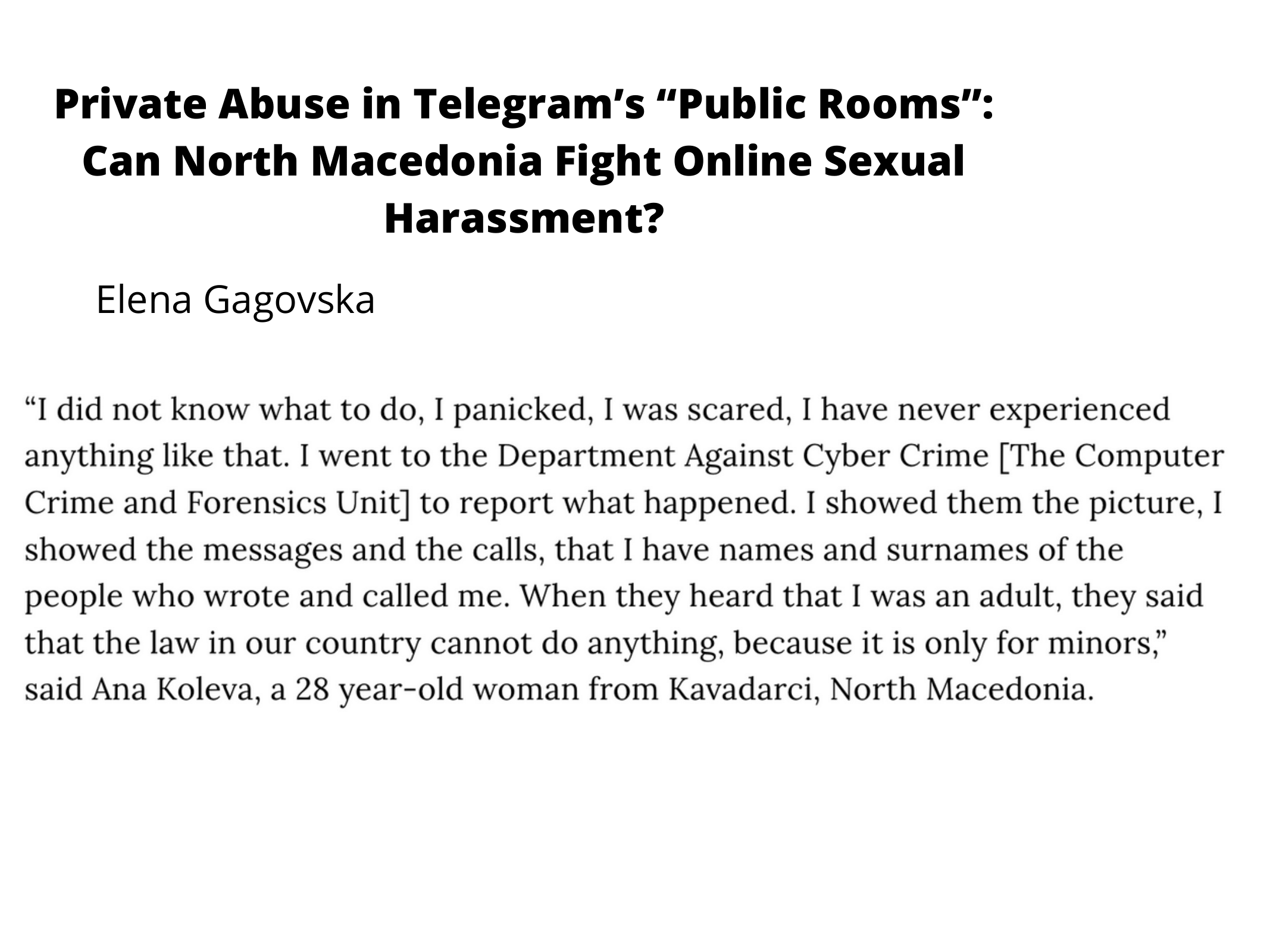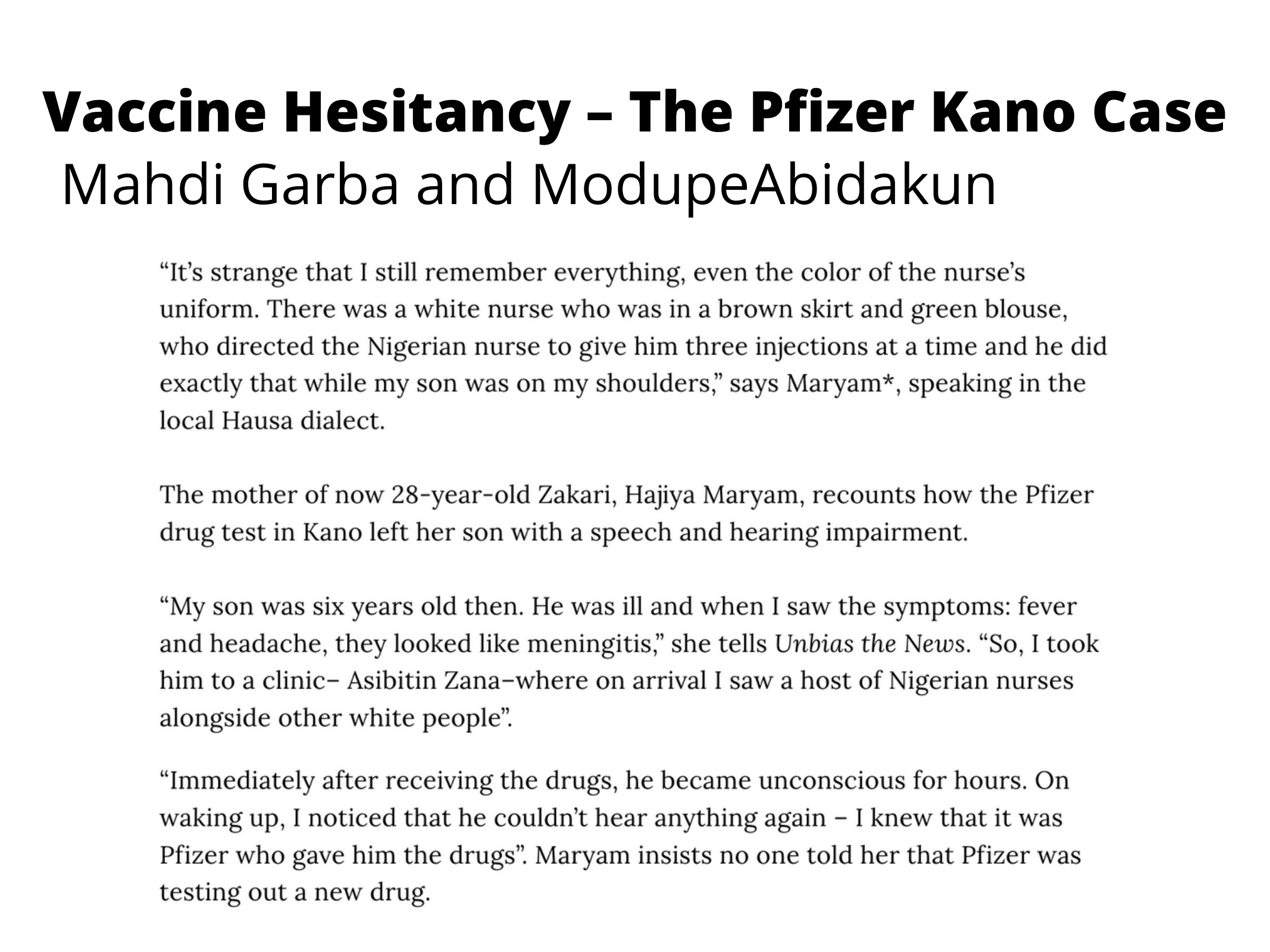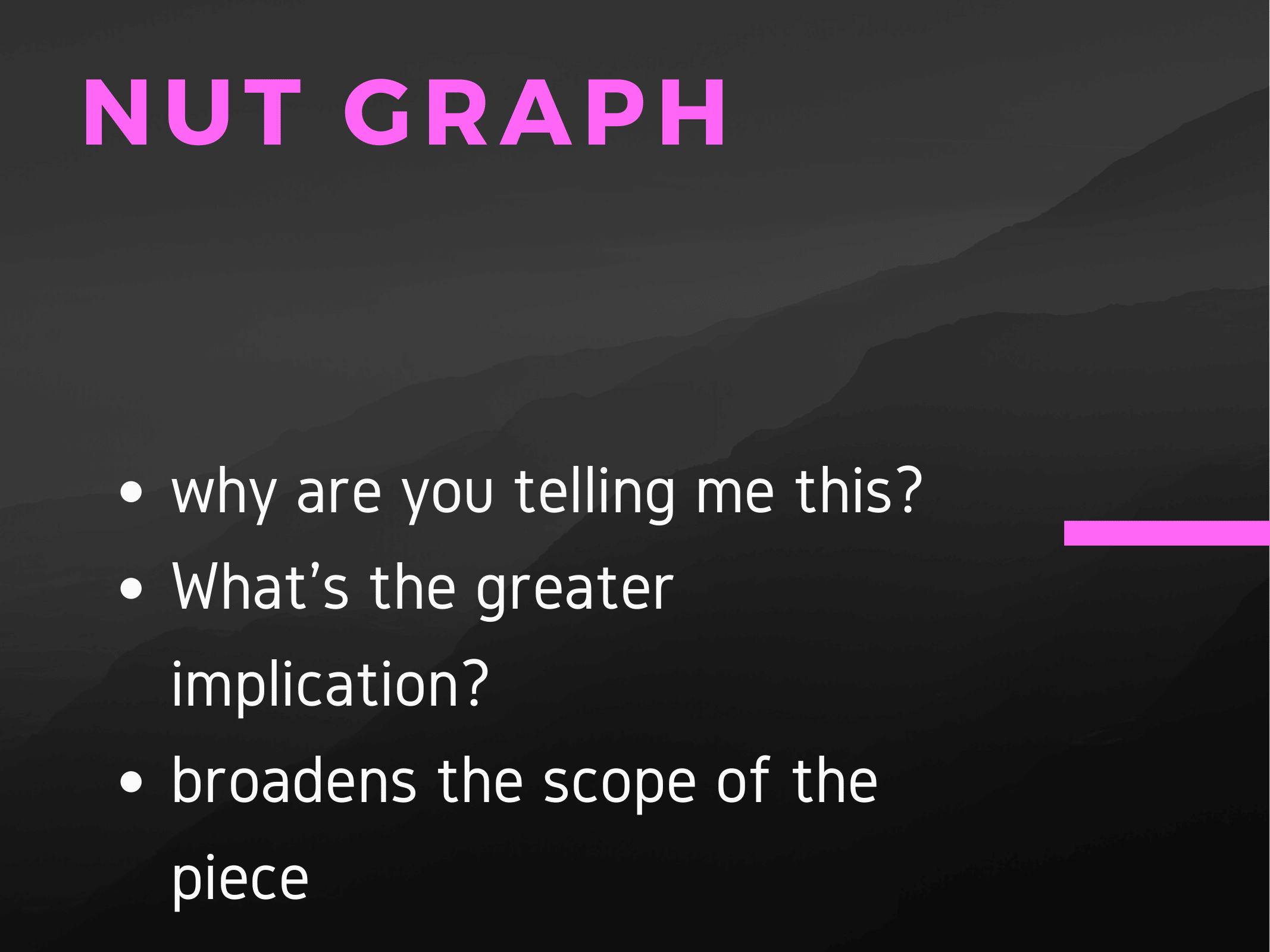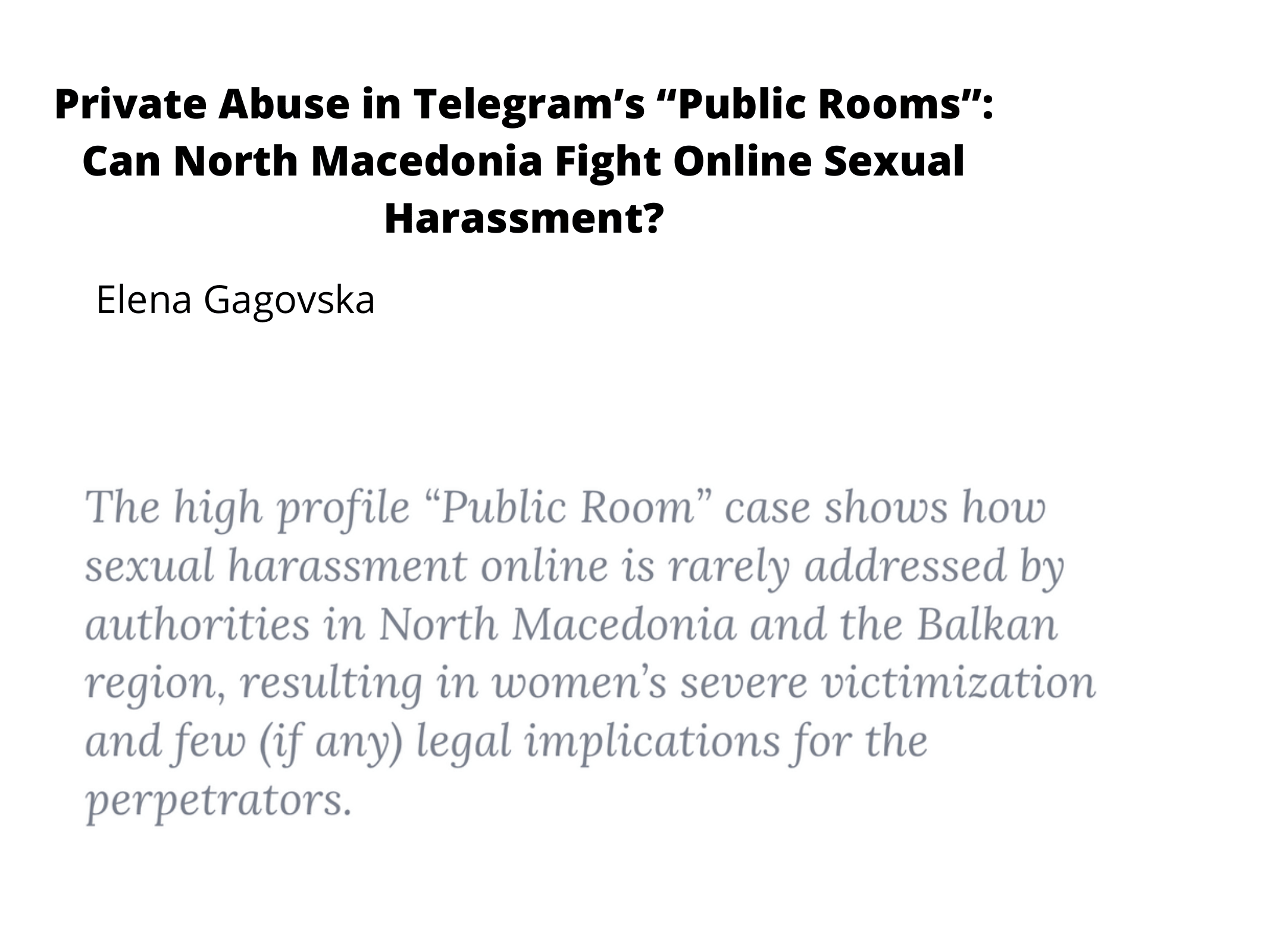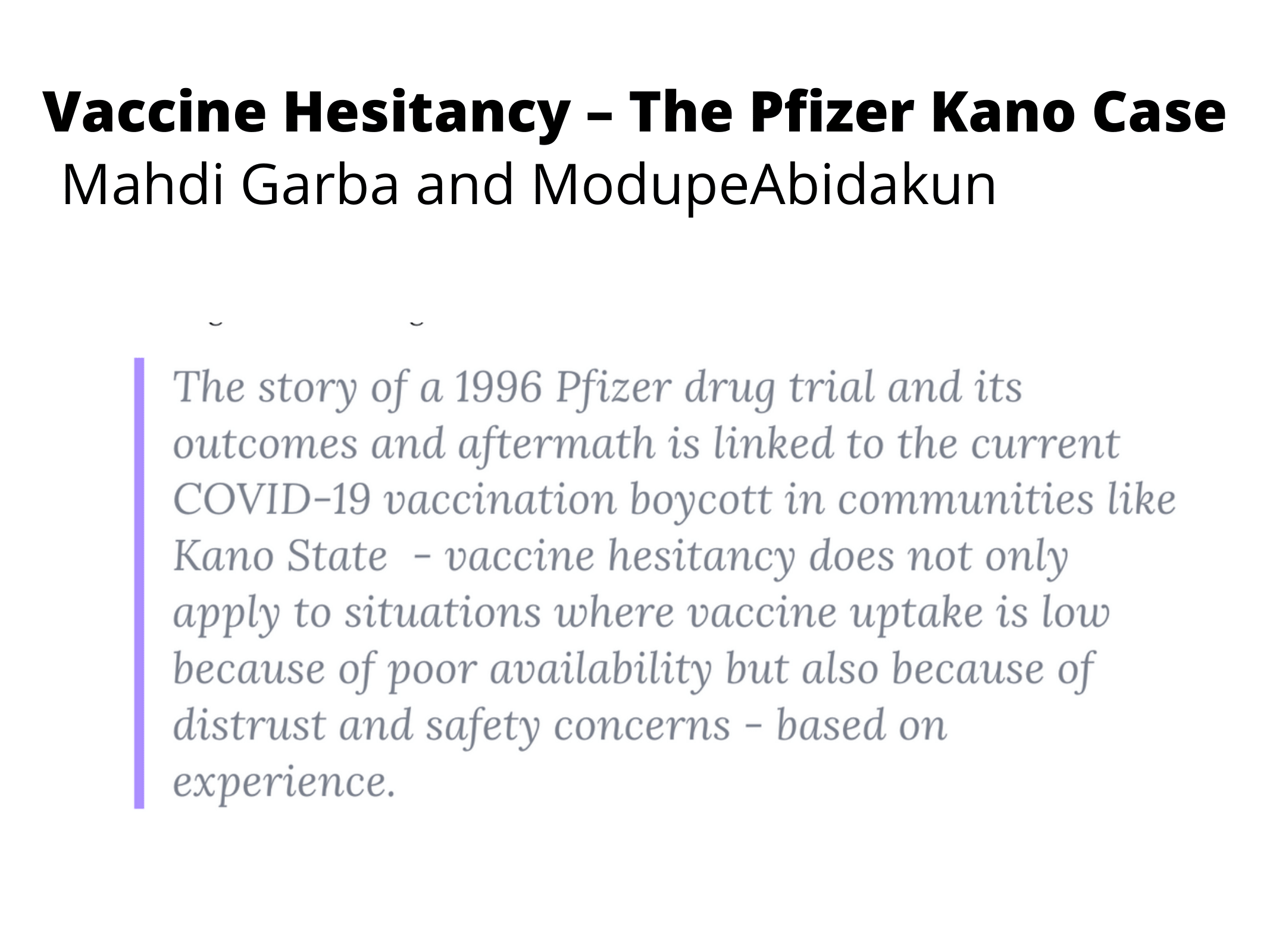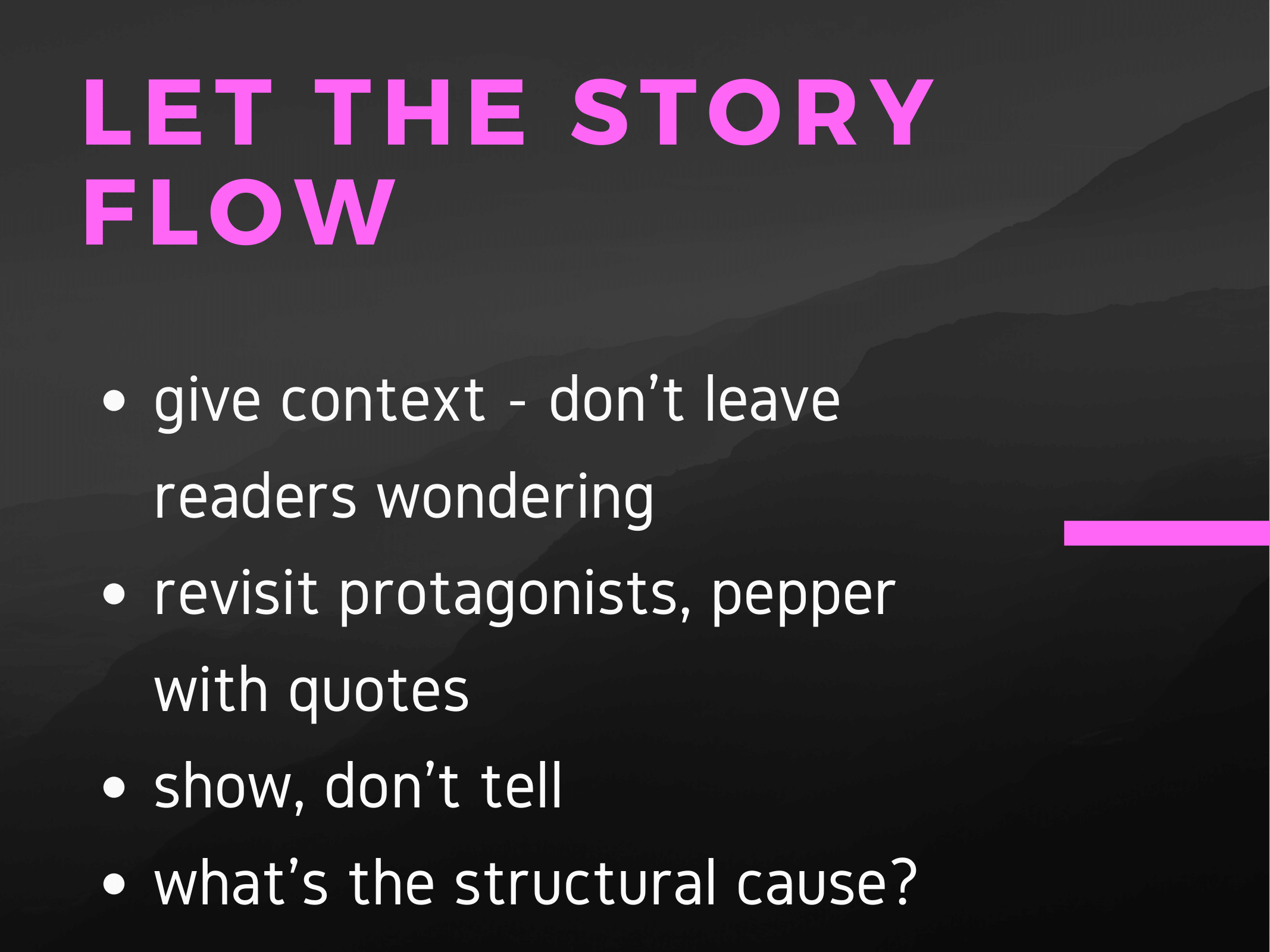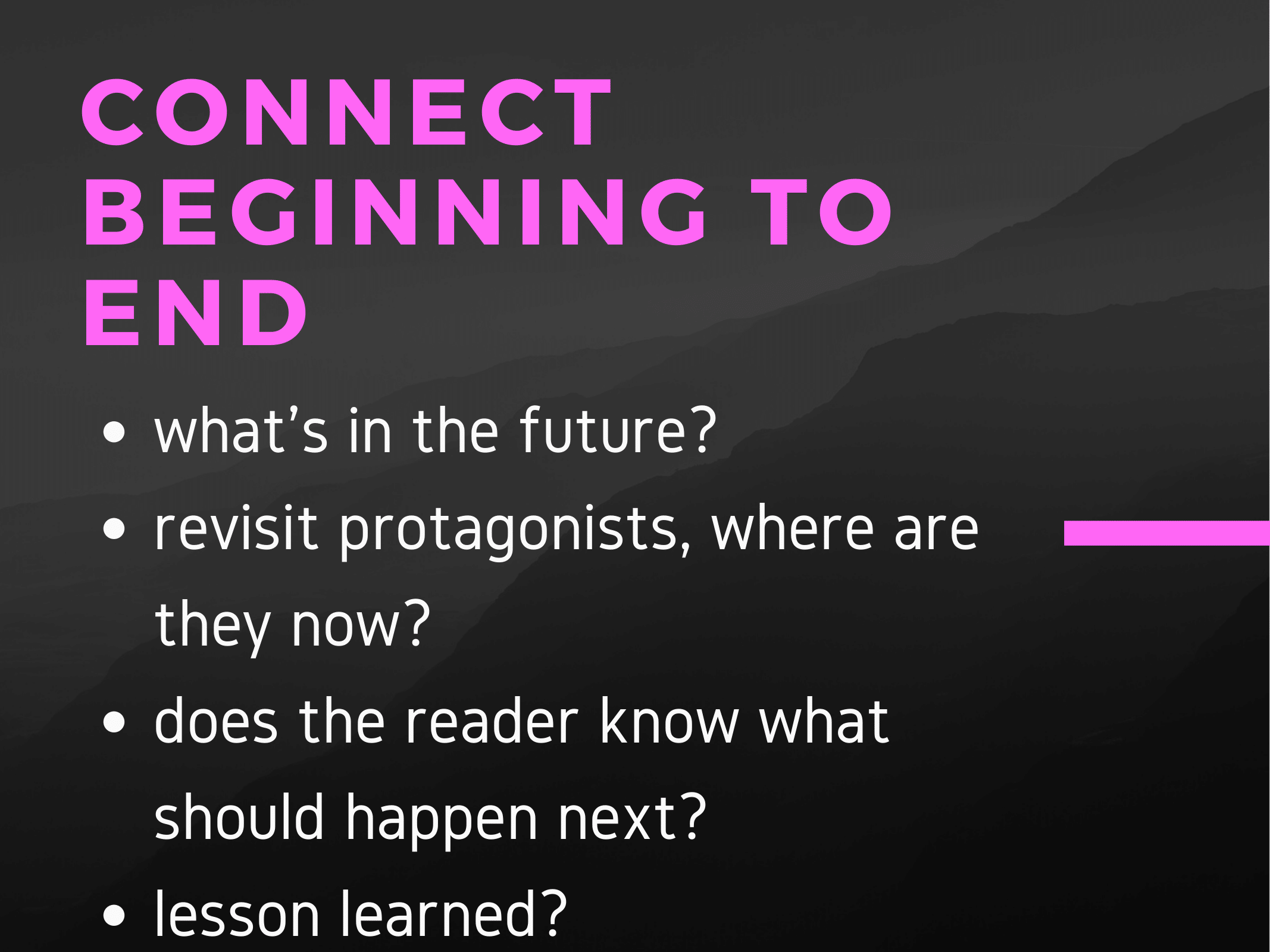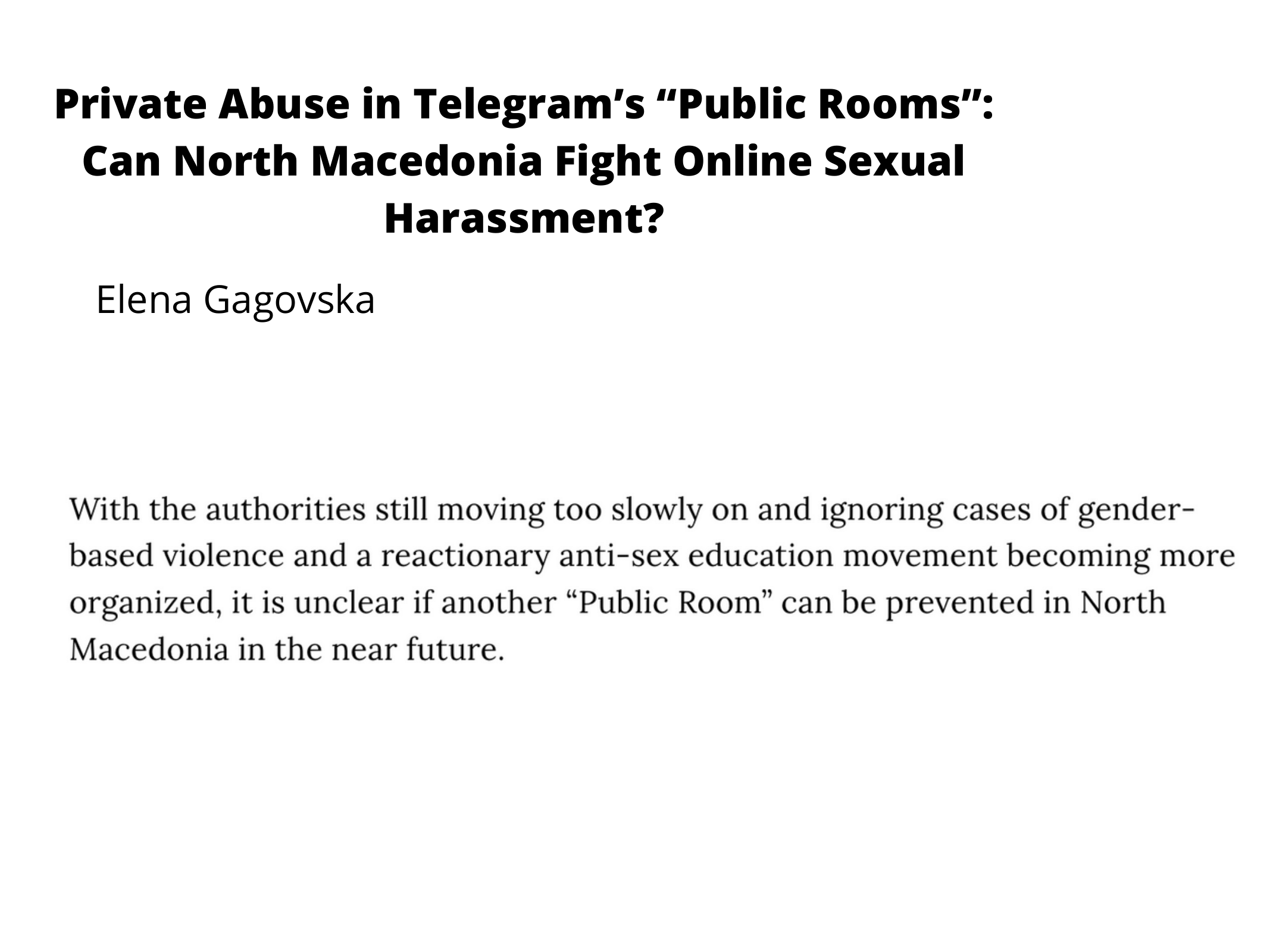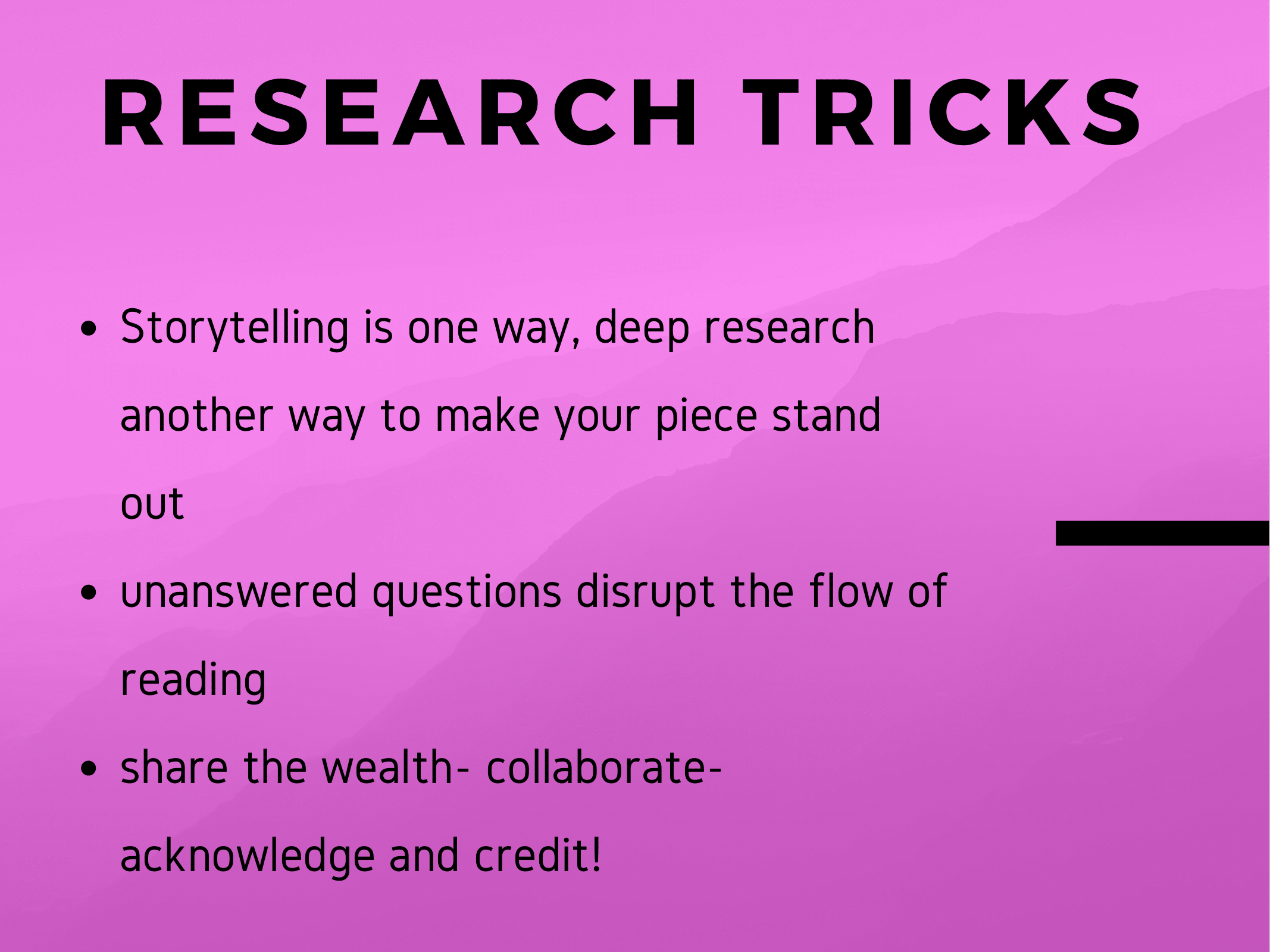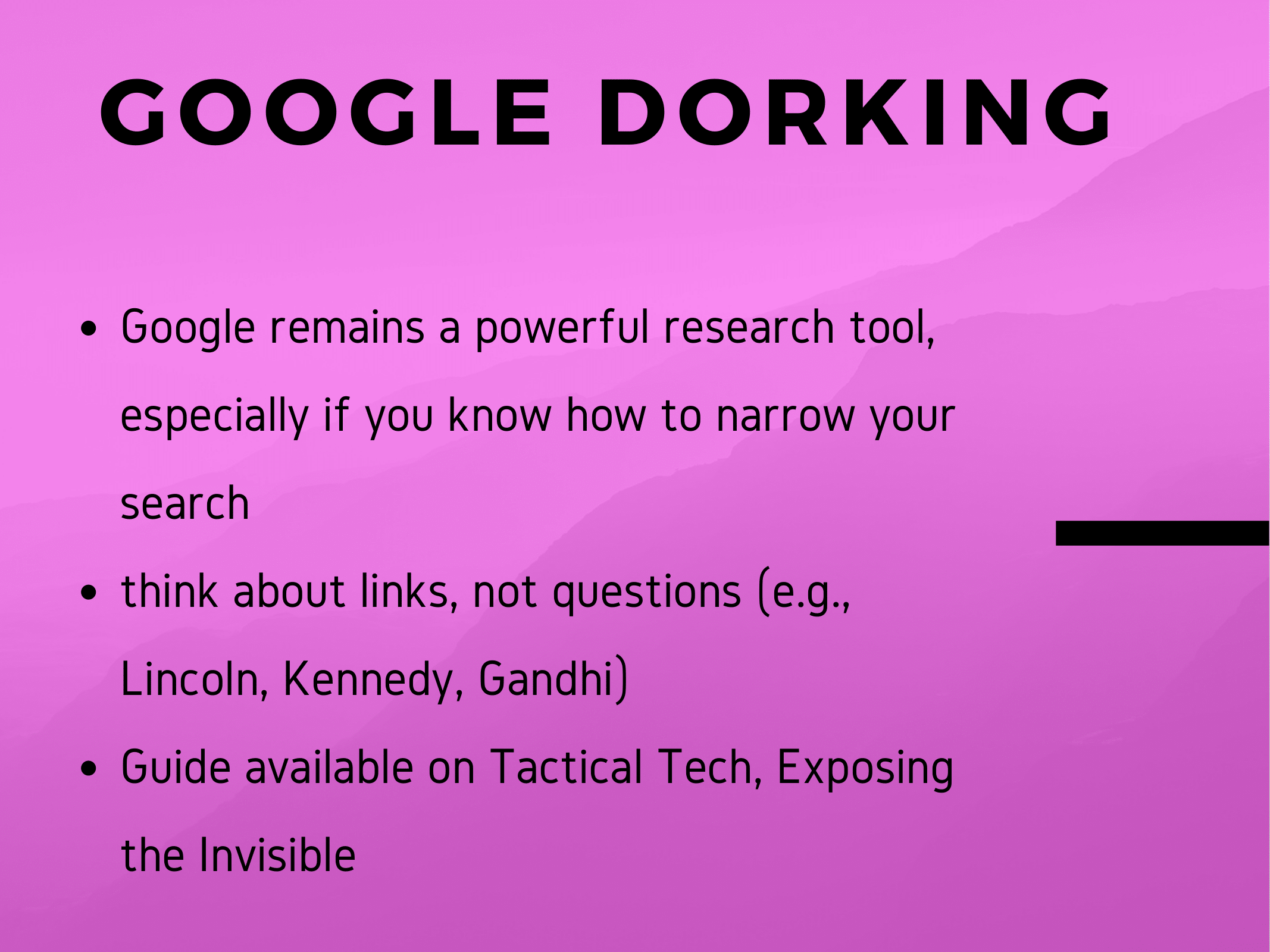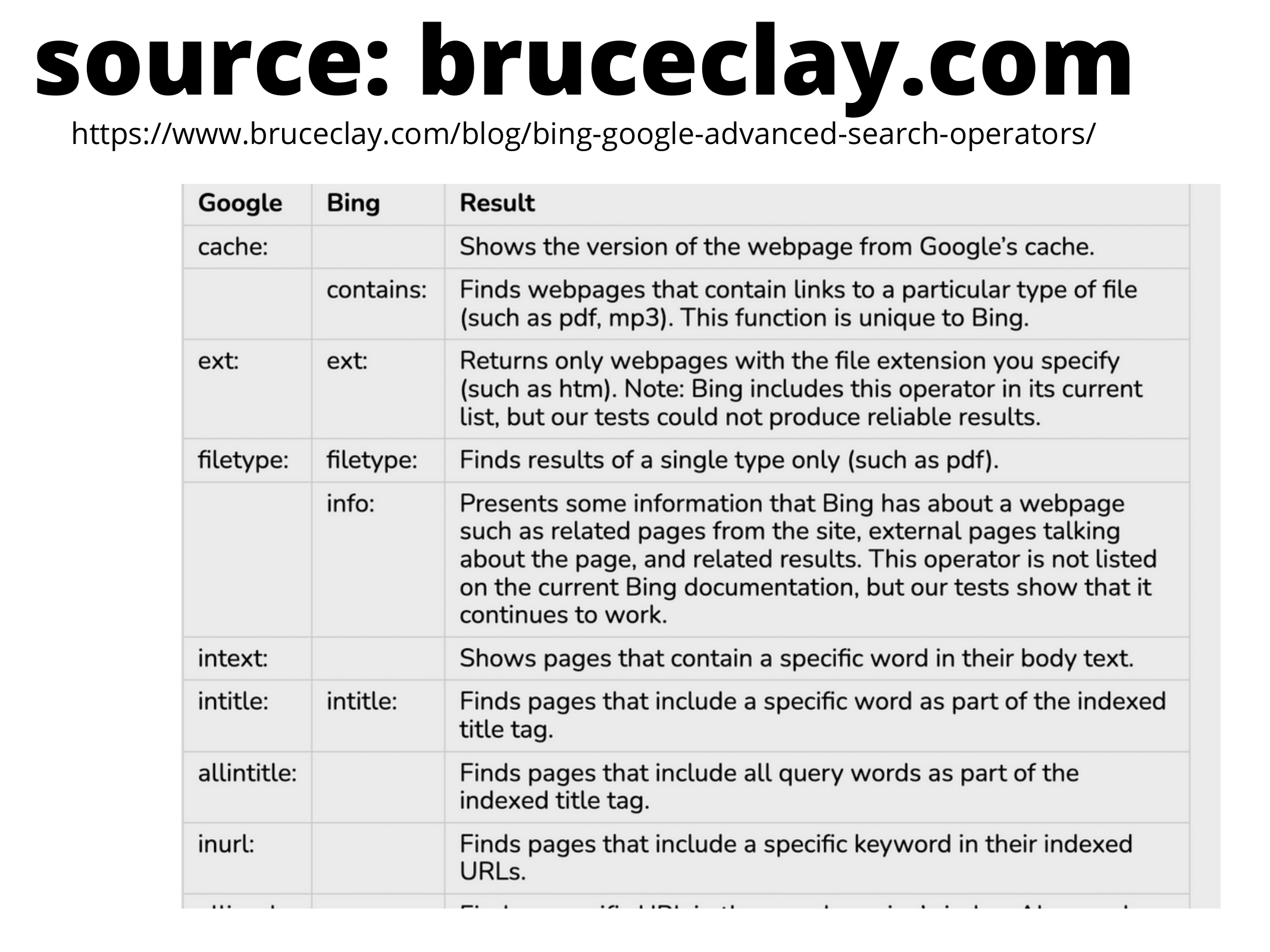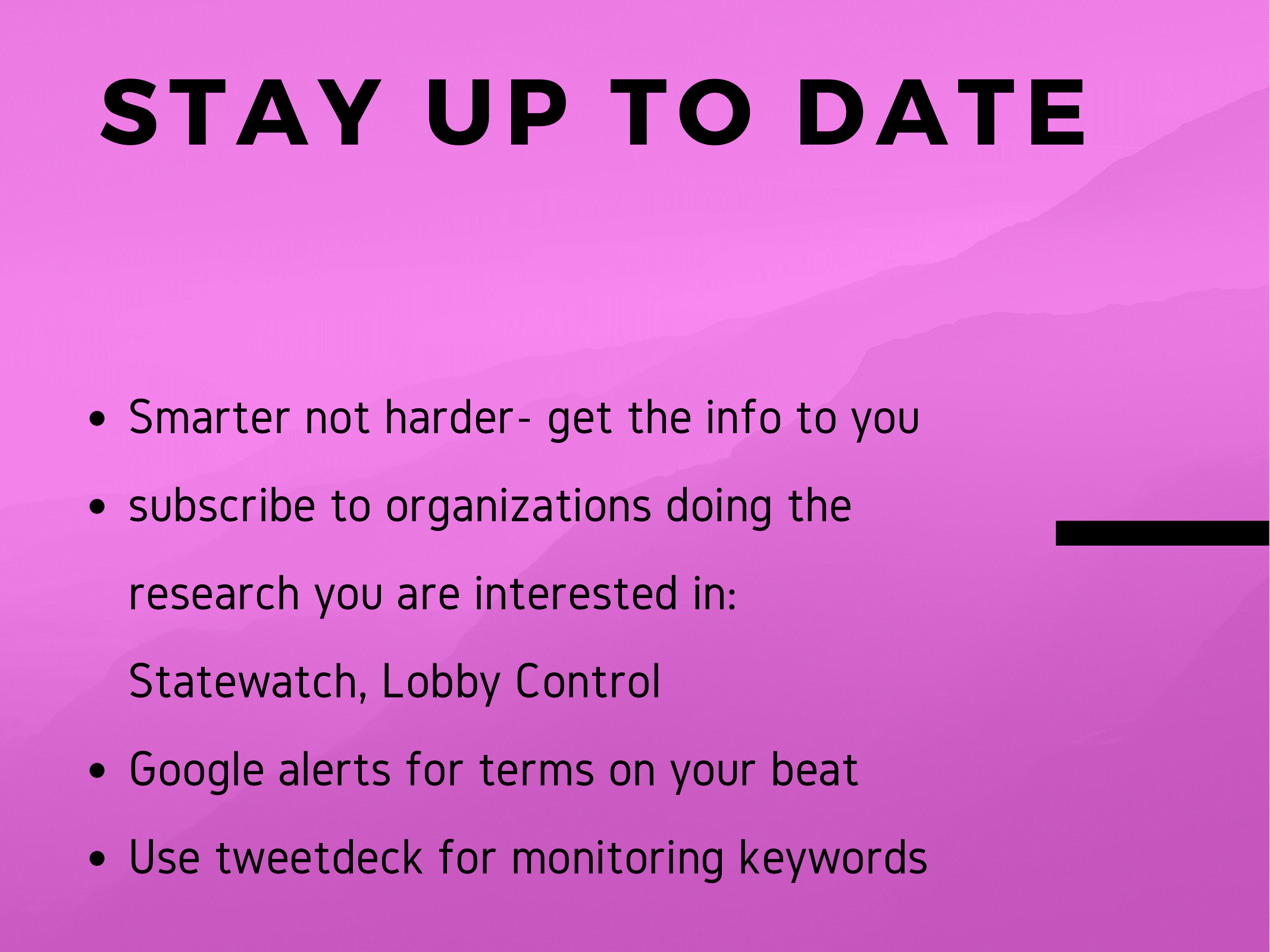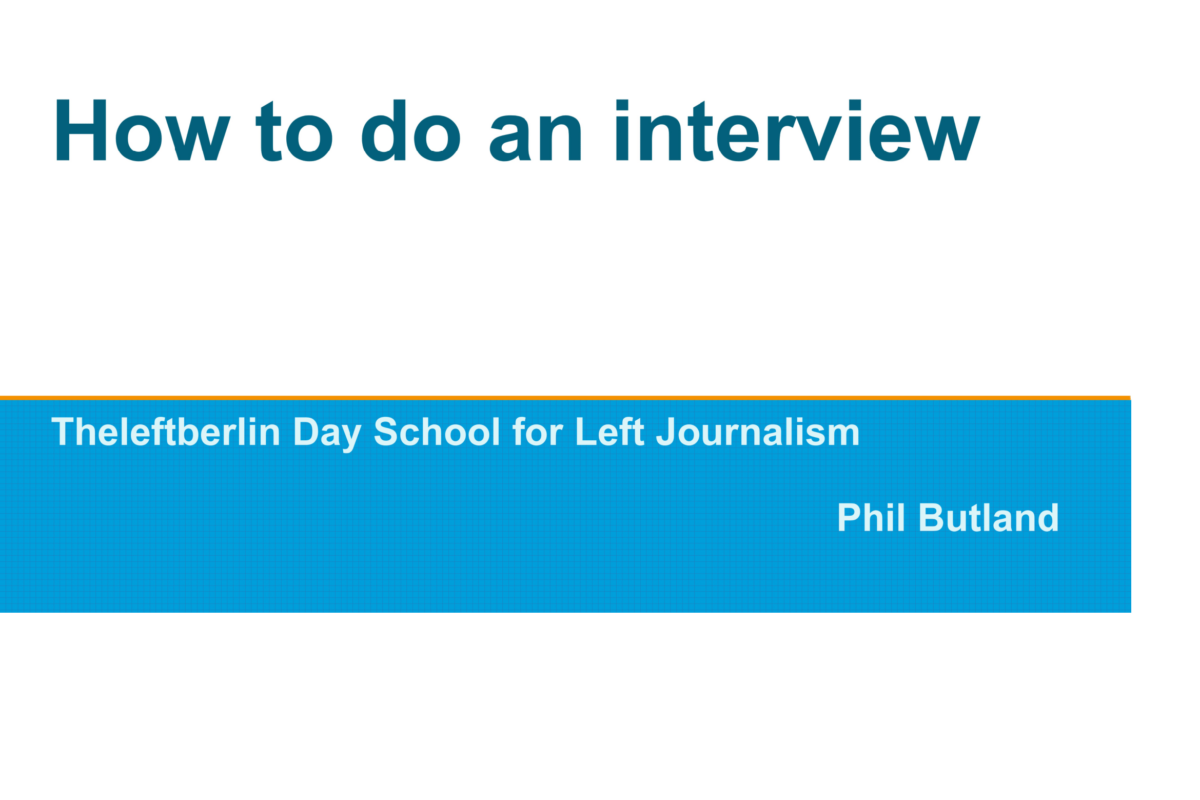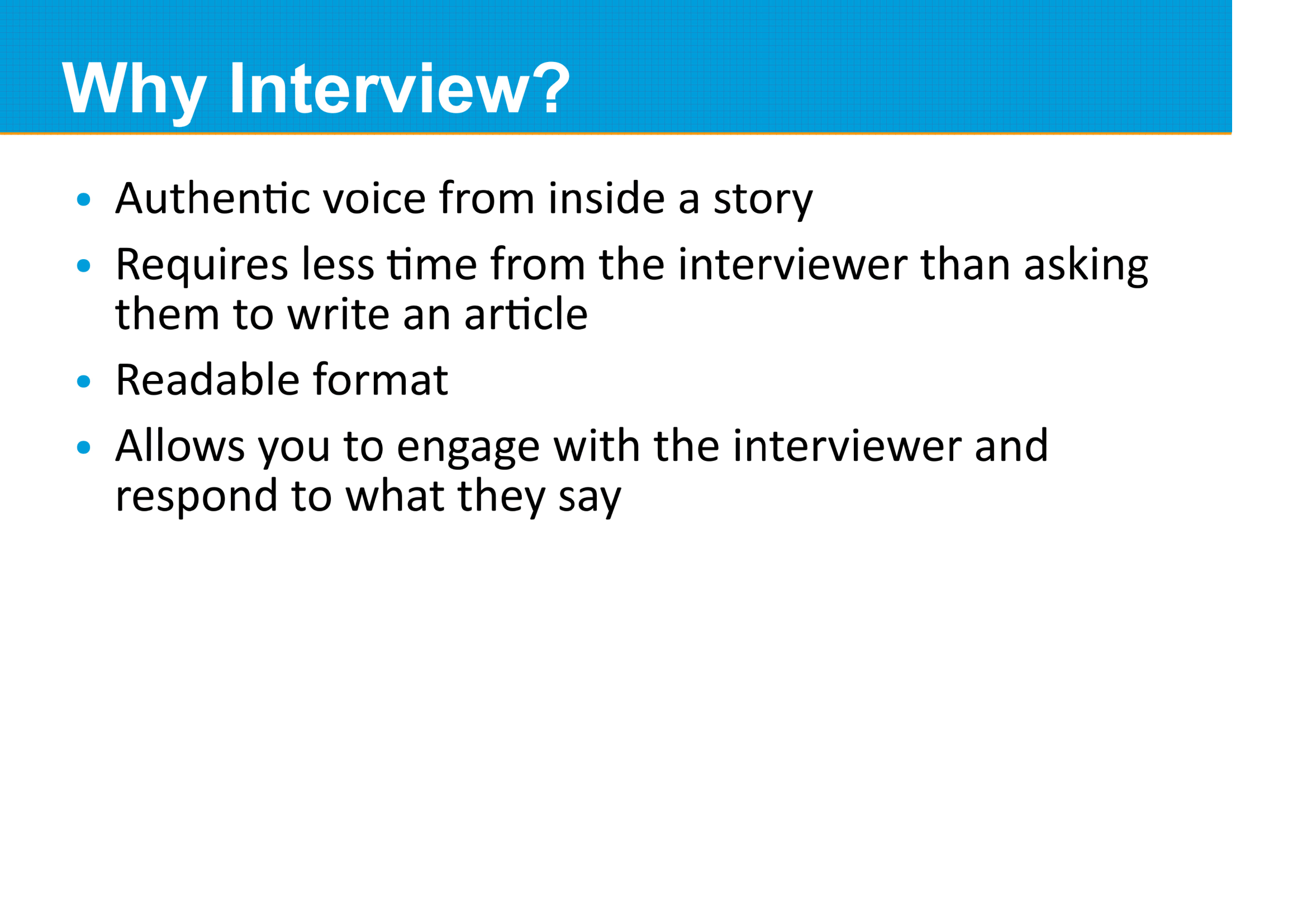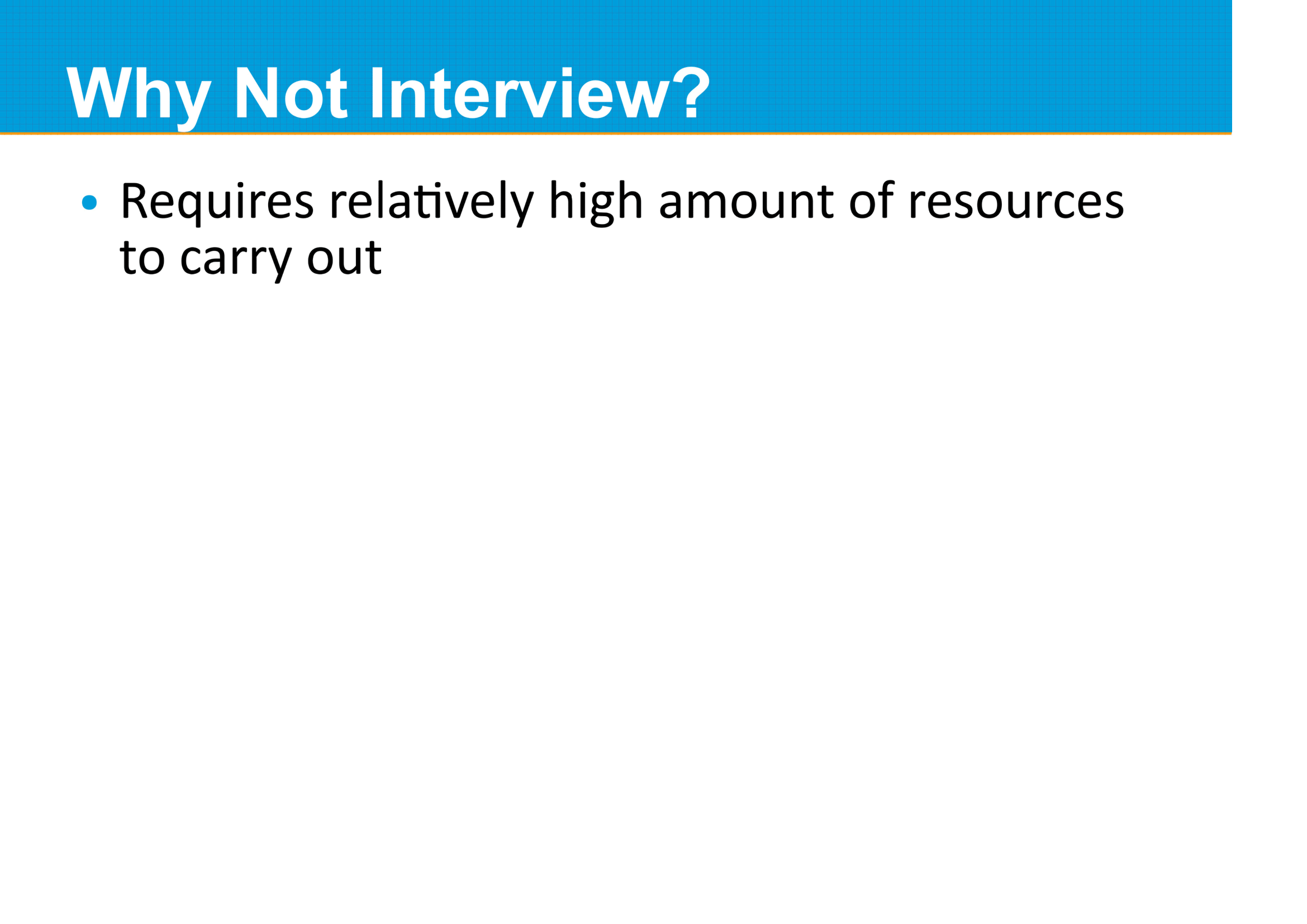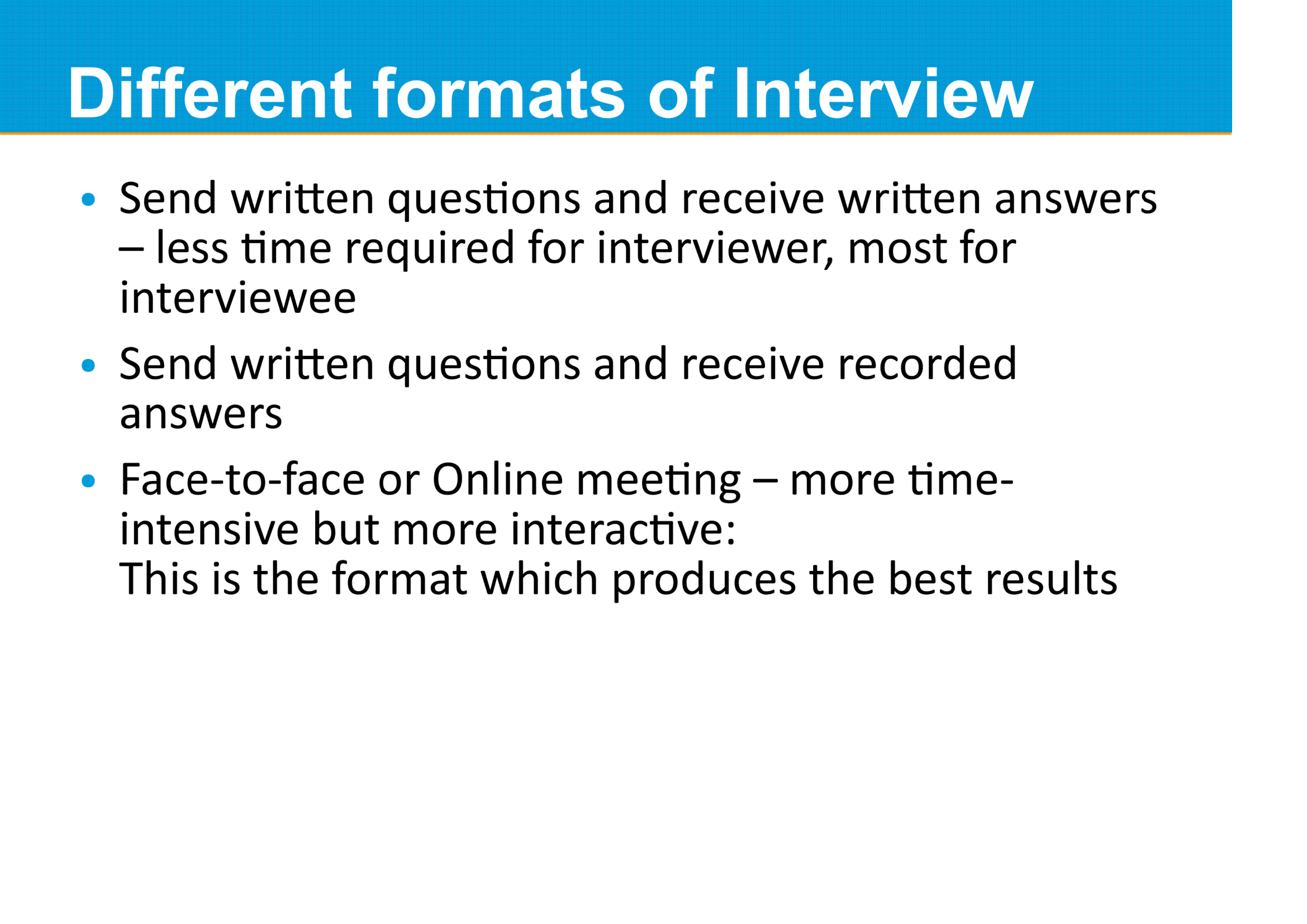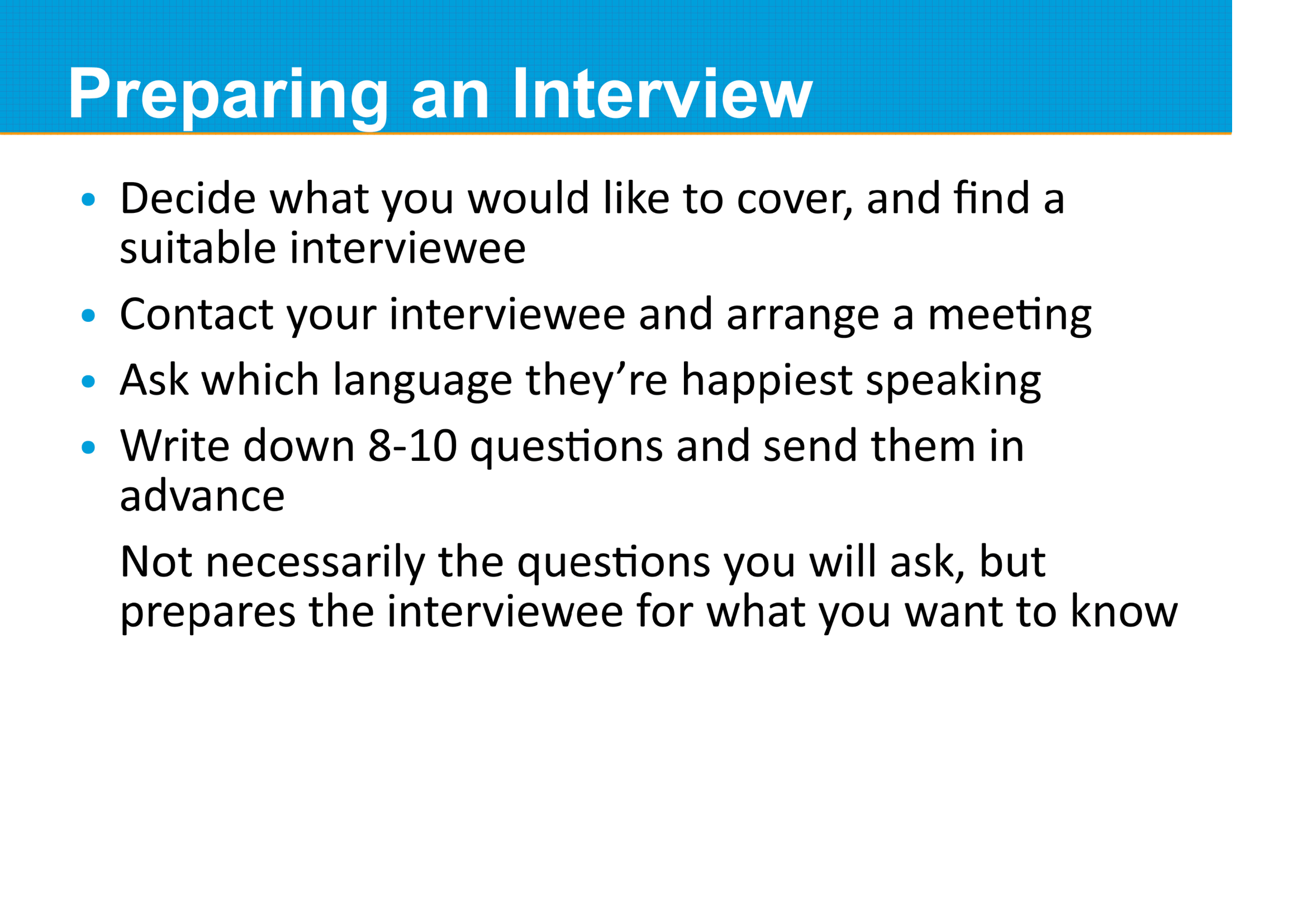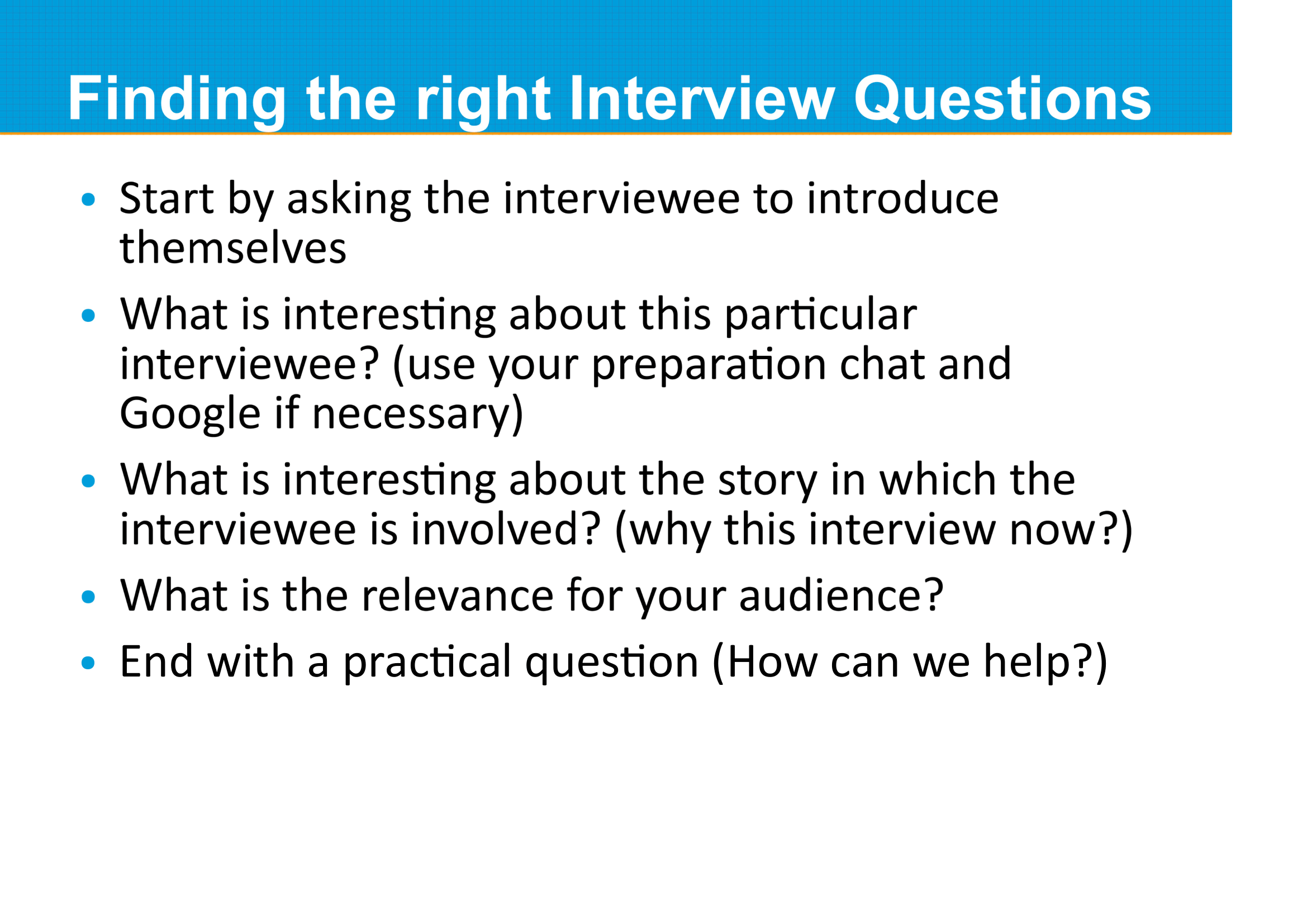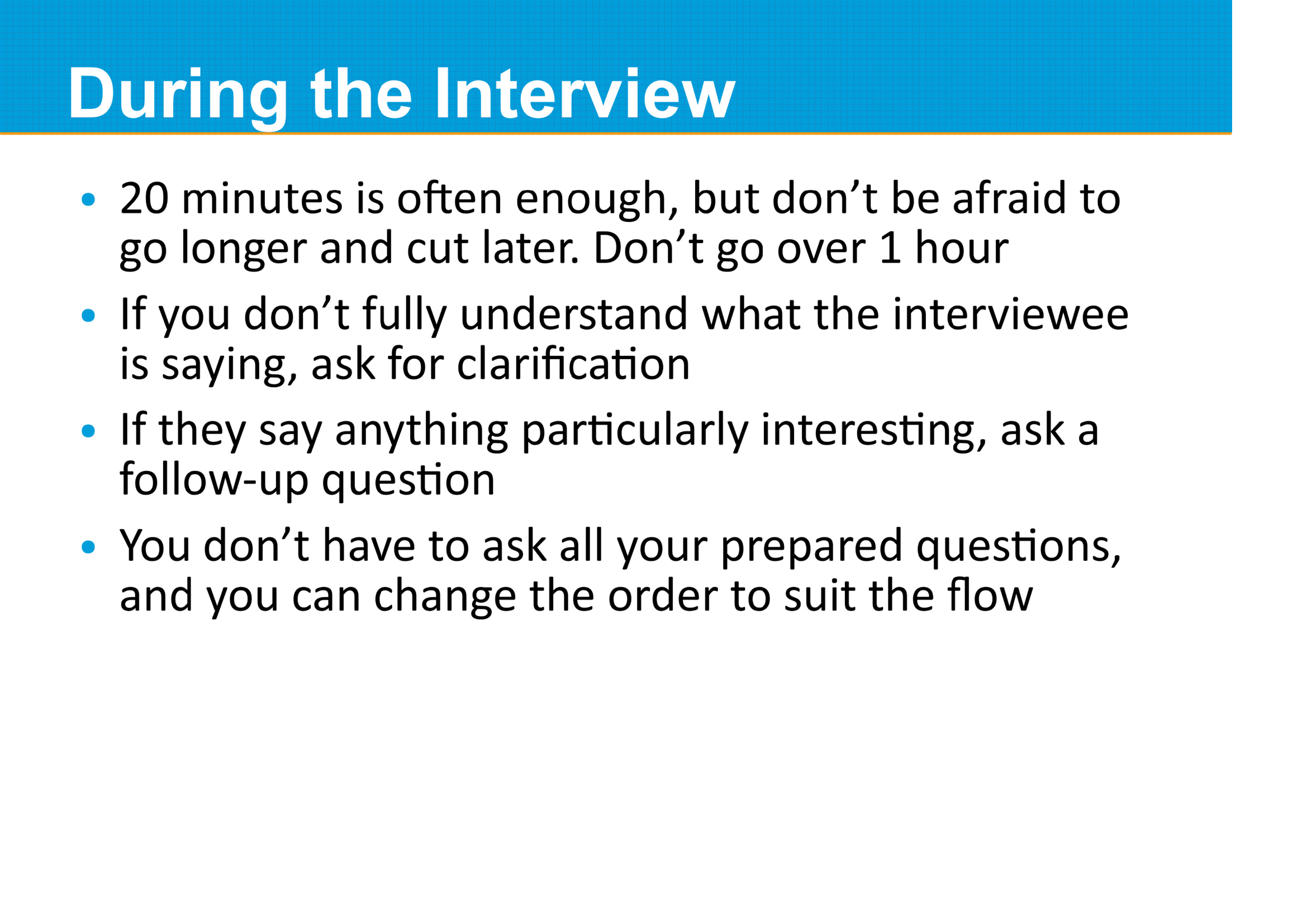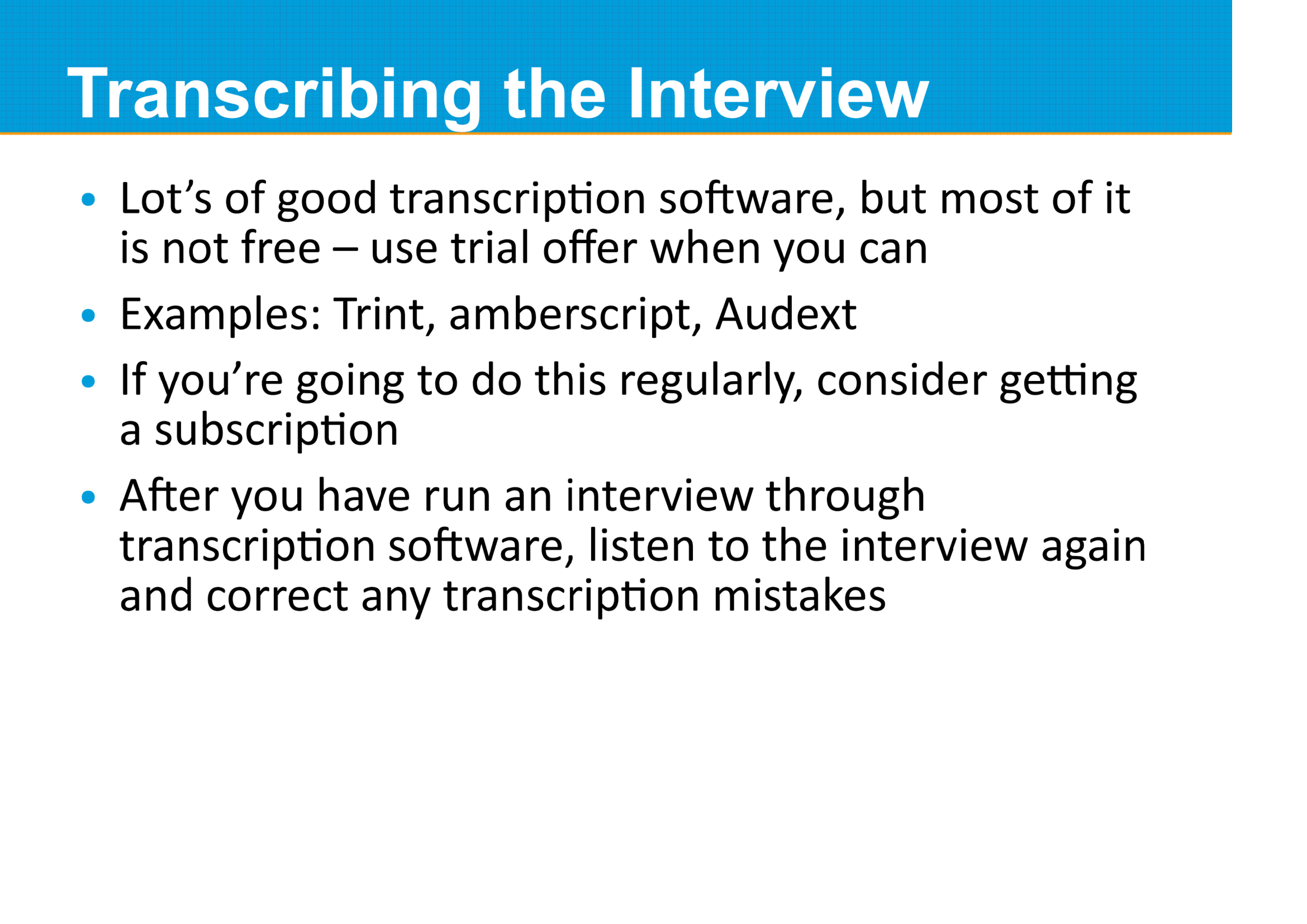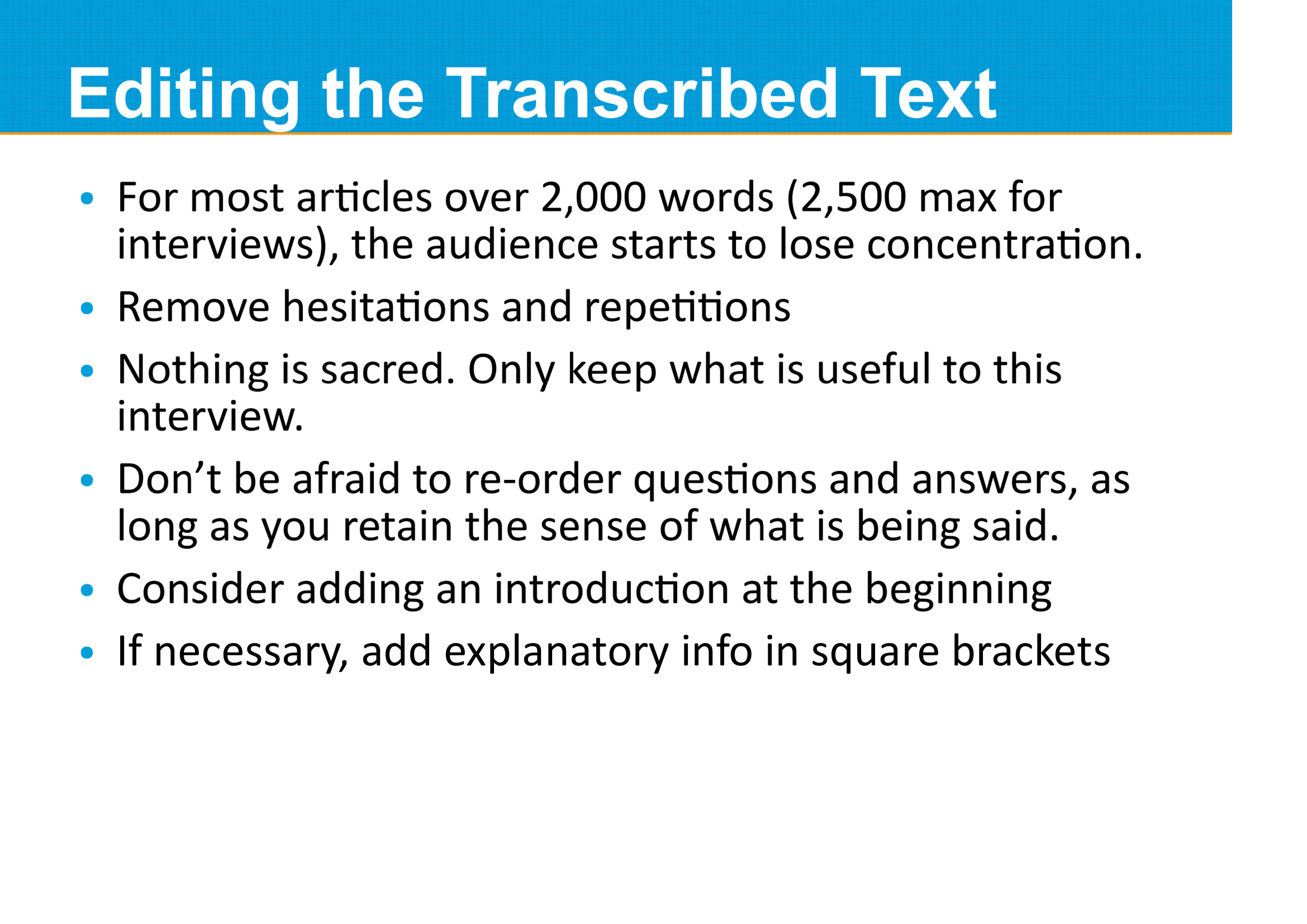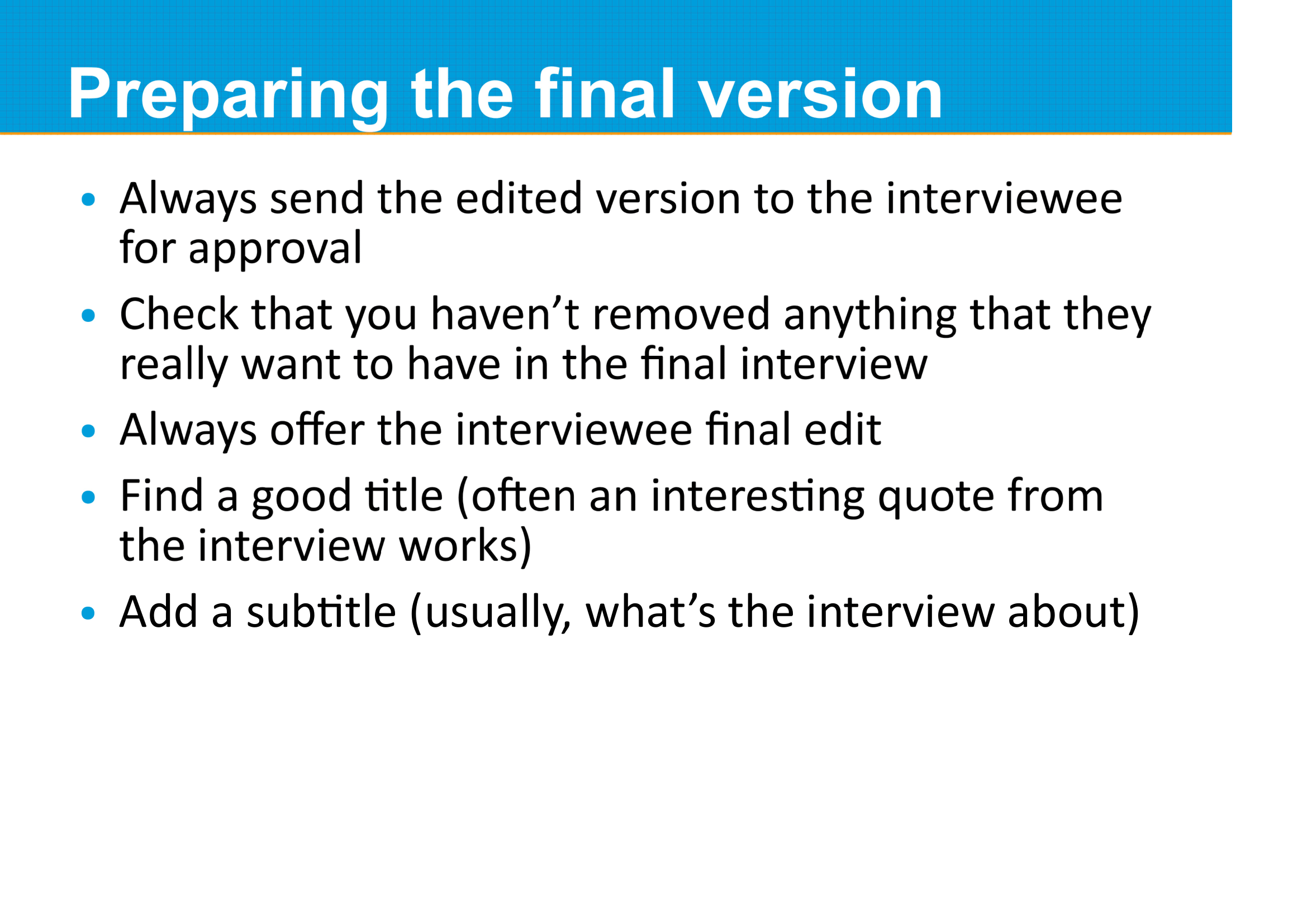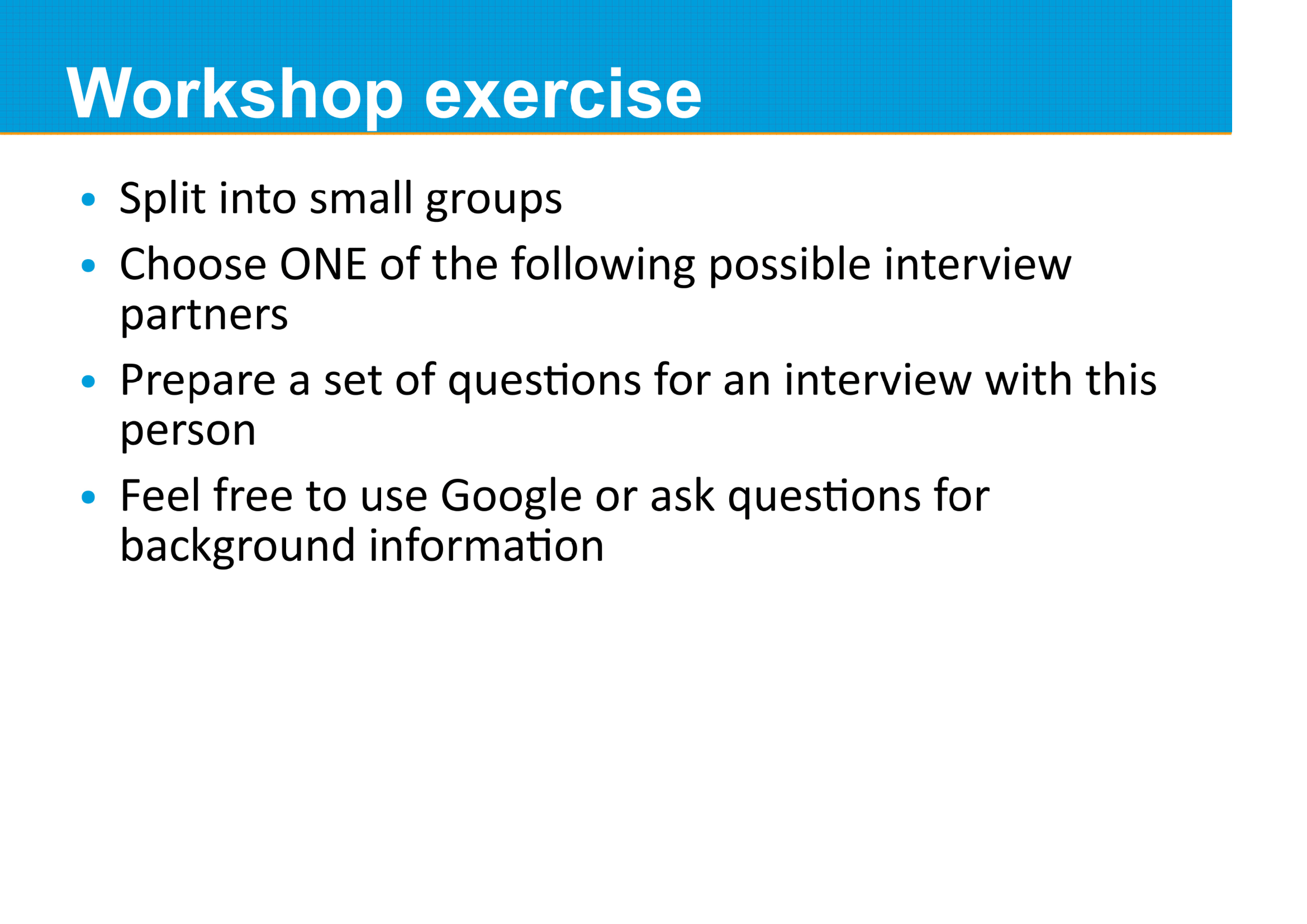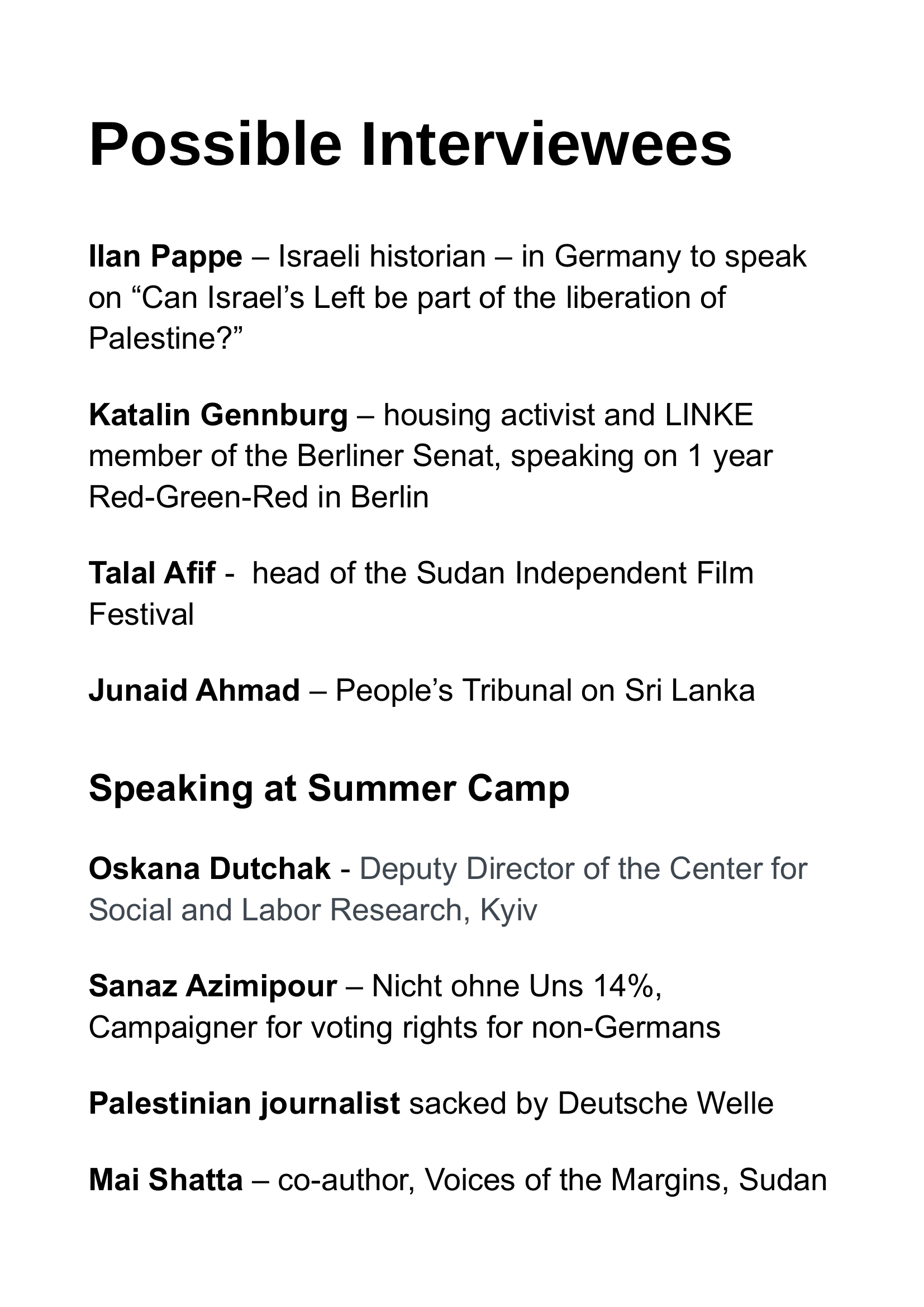Elections to Australia’s federal parliament took place on Saturday 21 May. After nine years in power, the country’s Coalition Government, an alliance between the conservative Liberal Party and the rural-based National Party, was ousted. It saw a drop in its primary vote of more than 5 percent and lost a slew of seats (Results for major parties in the election can be found here). This was a public judgement of its’ agenda of tax cuts for the well-off, wage cuts for workers, inaction on housing, cold-hearted neglect of the elderly, and indifference to climate change.
The defeat was also a judgement of the actions of Scott Morrison, the Prime Minister. In December 2019 he holidayed in Hawaii as bushfires destroyed thousands of homes; he failed to order enough vaccines and rapid antigen tests to deal with the pandemic; he attempted to sabotage the highly popular Western Australian border closure as COVID-19 raged in the eastern states; he did nothing to counter the culture of sexual abuse in parliament and his idea of governing amounted to little more than posing for photos.
Australia’s billionaires never had it so good as under the Coalition. Their fortunes rose to stratospheric heights. The Coalition showered money on private schools. After promising to follow the recommendations from the ‘Royal Commission into Misconduct in the Banking, Superannuation and Financial Services Industry’, Morrison quietly shelved virtually all of them, protecting the Liberal Party’s rich mates. It was the same with the Royal Commission into aged care, which lifted the lid on the appalling situation in privately run facilities. Virtually nothing has changed since the Commission handed down its report.
The Morrison government threw tens of billions of dollars in subsidies to business during the pandemic. Even when those businesses in many cases were continuing to make substantial profits.
The poor were shafted under successive Liberal prime ministers. JobSeeker (unemployment) payments are at scandalously low levels. Welfare recipients were persecuted under the ‘robodebt program’, which generated fake debts and drove tens of thousands into stress and some to suicide. As inflation began to run hot, the government could only offer a future of endless wage cuts. Ministers told workers looking for wage relief that they should just get a better paid job, and those suffering rental stress that they should just buy a house. Students were slugged with big increases in university fees.
Through it all, the military was expanded, and the Morrison government began to ramp up threats of war against China. Hundreds of billions that should go to welfare, health and education are instead going to building up the means of mass destruction.
So good riddance to the Morrison government.
No great mandate for the Australian Labor Party
The Australian Labor Party (ALP) has won office, but hardly received a ringing endorsement. Its primary vote has sunk to an historic low. It won at least seven seats, but in large part only because of Greens’ preferences. Only a strong performance in Western Australia allowed it to potentially form a majority government. In several outer suburban seats in Melbourne, Labor’s primary vote fell by double digits.
Labor’s primary vote is even lower than its’ 2019 prior low. That is an indictment on the ALP’s rightward shift since losing that election. The conclusion the party leaders took from that loss was that they must retreat from offering even the mildest program of redistribution to the working class. Out the window went policies aimed at tackling tax breaks for the middle classes and wealthy—franking credits, capital gains tax concessions, negative gearing. Out went any rhetoric about attacking the top end of town. Out went any hint that Labor might seriously deal with climate change and the fossil fuel industry.
Under Labor leader Anthony Albanese and shadow Treasurer Jim Chalmers, the rhetoric was to help the “aspirational” voter. Soon after the 2019 election, Labor backed the Morrison government’s program of tax cuts for the well-off and threw its support behind the Carmichael coal mine and the opening of the Galilee Basin in central Queensland. This reaction to defeat explains why Labor had nothing to offer. As Chalmers told the Press Club just days before the current election: “We want to be a pro-business, pro-employer Labor Party”.
The low combined primary vote for the two major parties indicates significant and growing dissatisfaction with the political status quo. From 1946 until the early 1990s, the two parties racked up 90 percent or more of the vote, and in the following two decades, at least 80 percent. At this election, the two parties won the support of just 68 percent of the electorate.
Success for different minor parties
The beneficiaries of this shift away from the major parties vary enormously. The Greens benefited from declining loyalty to the ALP. They received their highest ever primary vote results in the Senate and the House in this election, beating their previous best in 2010. The party showed a positive swing in its only lower house seat of Melbourne, won two seats in Brisbane and may yet claim another. The Greens also picked up several extra Senate spots.
The party’s pitch was left of Labor: with policies to tax big business and the mining industry to fund dental and mental health care in Medicare, free childcare, increased public school funding, the wiping of student debt and the construction of one million new homes, along with halting all new coal mines and gas projects. Its strong vote was one of the few things to welcome on election night, showing that over a million voters are looking for a party more progressive than Labor.
In possibly the most significant electoral development, the so-called teal independents destroyed much of the Liberals’ parliamentary representation in wealthy areas in Sydney and Melbourne. This exposed the deep rift in the Australian ruling class’s preferred party of government. Tens of thousands of relatively affluent, professional middle-class voters – disproportionately women – turned on their traditional party to protest its misogyny and refusal to seriously address climate change. It is impossible to tell how permanent this schism is, and whether the teals can form a stable parliamentary bloc.
The far right also picked up votes from the major parties and represent an increasing problem. One Nation stood in many more seats than in 2019. Combined with Clive Palmer’s United Australia Party (UAP), the two boosted their primary vote by 2.7 percent to 9.2 percent. Adding the Liberal Democrats and other far right micro parties takes the far-right vote to 11.7 percent, up 5.0 percentage points since the last election. Worryingly, the far right did well not just in their regional strongholds and traditional Liberal suburbs, but also increased their vote in traditional Labor-voting working-class outer suburbs. In Sydney and Melbourne, they picked up 15-20 percentage points. Unsurprisingly, the UAP lost Liberal Party recruit Craig Kelly’s lower house seat, but the party might yet claim a Senate seat in Victoria.
Finally, the Victorian Socialists (VS), openly championed the working class against the billionaires. They put up a decent fight in eleven seats theyn contested across northern and western suburbs of Melbourne. Fielding 700 volunteers, VS won more than 20,000 first preference votes when the counting of votes closed on election night. This is easily the largest number of votes for a socialist electoral project in many decades. In Calwell in Melbourne’s northern suburbs, VS notched up just shy of 5 percent of the primary votes and in Fraser in the west, 5.4 percent. Elsewhere in the north, VS fought off stiff competition for the left vote to win 3-4 percent. In some cases, VS candidates outpolled those from the far right. In November, VS will be repeating this enormous effort in the Victorian state election. (More details about the VS can be found in an article appearing on theleftberlin soon).
What happens now?
The newly elected Labor government offers little to the millions who wanted the Morrison government tossed out. Even though Labor’s leaders claim the party will defend workers’ living standards, they refuse to push for a real increase to the minimum wage. They will do nothing to keep a lid on prices. They will do nothing to control rents or expand public housing. And they will do nothing to help workers build union power to fight for higher wages on the job.
All the pressure now is the other way. With government debt ballooning from AUD$273 billion in 2013 to a forecast $1 trillion next year, and with interest rates rising, the bosses and their representatives in the financial press are demanding urgent action to cut government spending. For years, they were urging the government to do something to lift wages, now they are saying that wages must be cut to curb inflation. Expect public spending cuts from this Labor government in coming years. And don’t expect the ALP to go after the rich to do their bit. Labor is committed to tax cuts in 2024 that will benefit those on incomes of more than $200,000 to the tune of billions of dollars.
With the world economy now looking shakier than for some years, we can anticipate that a Labor government will do the bosses’ bidding in enforcing sacrifices for the working class. To prove their commitment to the capitalists during the election campaign, Albanese and Chalmers pointed to the experience of previous Labor governments. In particular to those of Hawke and Keating, when Labor brought the union leaders, bosses and government together to screw the working class. Or, as Labor’s leaders put it, to “lift productivity and profits”. This is just what they have in mind for us now.
Nor can we expect to see Labor take serious action to deal with climate change. Labor is committed to the fossil fuel industries and its carbon emissions targets are a joke.
While Labor offers nothing and as the economic circumstances for millions get tougher, we can expect to see growing dissatisfaction with a government with weak foundations for which only one-third of the electorate voted for. The right will undoubtedly try to capitalise on this dissatisfaction. With many of the so-called Liberal moderates losing their seats, with Peter Dutton keeping his, and with the Nationals holding up their vote, the balance in the Coalition will shift to the right.
Tony Abbott’s former chief of staff Peta Credlin wasted no time arguing in Murdoch’s Sunday tabloids that the Liberals must move further right to reconnect to their supporters in the outer suburbs who had abandoned them for the far-right parties. The far right will be emboldened by their experience in this election. If they can cohere their forces, may be able to mobilise people in protests against a federal Labor government. They did this in Victoria in opposition to lockdowns and vaccine mandates late last year and earlier this year.
The threat from the right must be combatted. If the Albanese government will not lift a finger to defend workers’ living standards in the face of rising inflation, unions will have to strike. That will involve an argument in unions to convince fellow workers we can organise and fight; but also against our union leaders who have done their best to turn unions into electoral machines to get the vote out for Labor. The union leaders have stood by for years ,while the bosses and governments have got away with whittling away jobs and workplace rights. That has to end.
To wage such a fight, we need to build a bigger socialist current in workplaces and on university campuses. The growth of the far-right vote at this election shows that other forces will take advantage of the situation. We have to fight for the politics of solidarity and socialism, against the politics of division and despair – to point a way forward for workers and students everywhere.
A version of this article originally appeared on Red Flag. This has been edited for an international audience.


